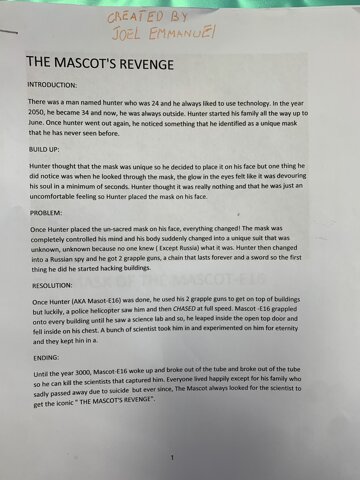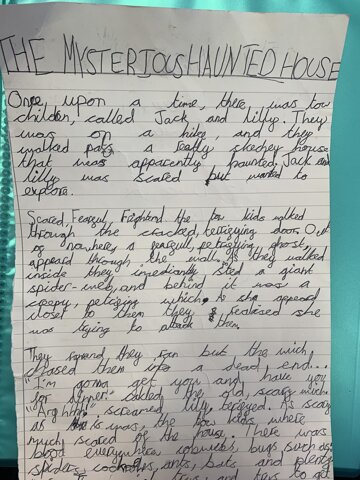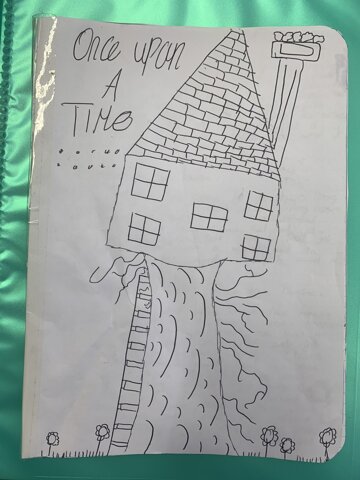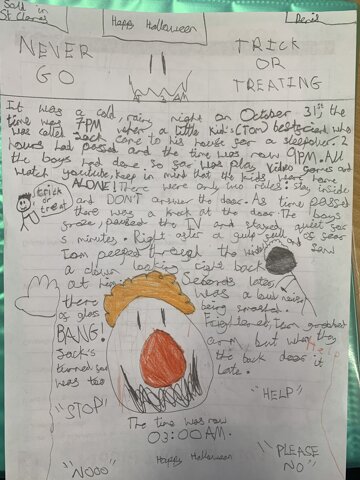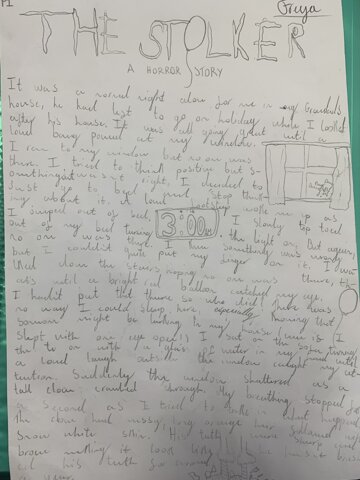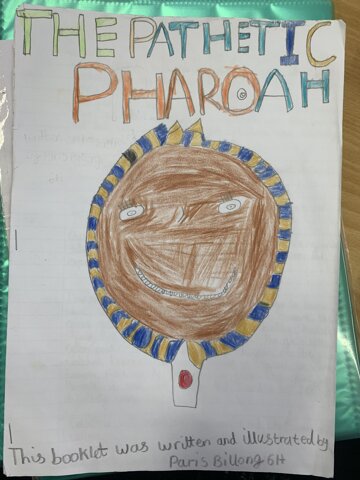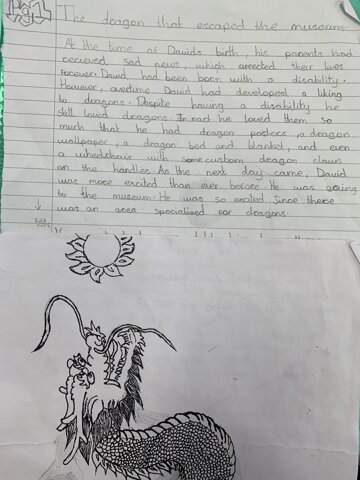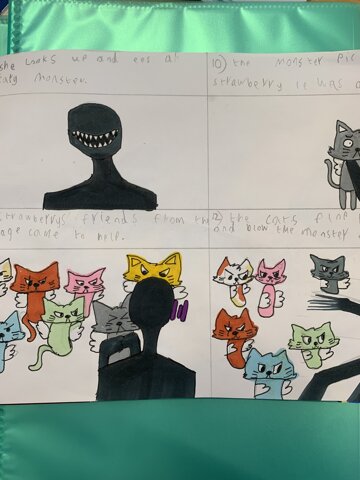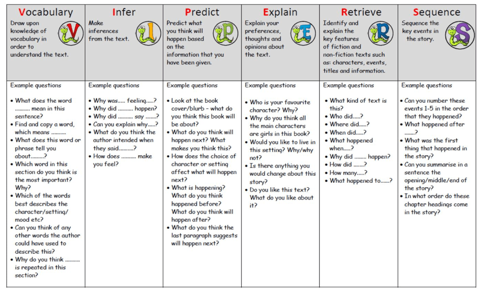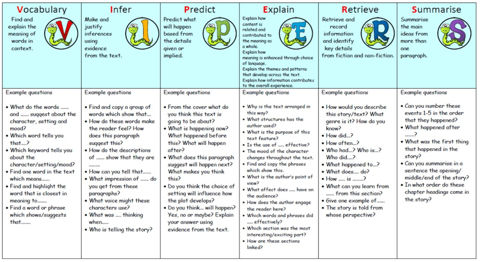English Overview
English Curriculum Statement
Intent
At St Clare’s RC Primary we firmly believe that a quality English curriculum should develop children’s love of reading, writing and discussion. Our aim is to provide pupils with as many real-life experiences as possible, which they can then use as a hook for their writing. We have a well-organised English curriculum that provides many purposeful opportunities for reading, writing, grammar and discussion. Our curriculum closely follows the aims of the National Curriculum for English 2014 to enable all children to:
● read easily, fluently and with good understanding
● develop the habit of reading widely and often, for both pleasure and information
● acquire a wide vocabulary, an understanding of grammar and knowledge of linguistic conventions for reading, writing and spoken language
● appreciate our rich and varied literary heritage
● write clearly, accurately and coherently, adapting their language and style in and for a range of contexts, purposes and audiences
● use discussion in order to learn; they should be able to elaborate and explain clearly their understanding and ideas
● be competent in the arts of speaking and listening, making formal presentations, demonstrating to others and participating in debate.
These aims are embedded across our English lessons and the wider curriculum. We will provide the means for children to develop a secure knowledge-base in English, which follows a clear pathway of progression as they advance through the primary curriculum. Rigorous assessment and review will ensure that we are able to provide targeted support so that all children experience success in English; we believe that a secure basis in English skills is crucial to a high quality education and will give our children the tools they need to participate fully as a member of society.
Implementation
Phonics:
Early reading is supported through the Read Write Inc scheme. Regular training and development days ensure that staff are equipped to teach with the expertise and skills required to promote excellent progress, as well as a love of reading.
Oracy and Spoken Language:
At St Clare’s, we believe that speaking and listening form the foundations of all learning in English. In formal and informal situations, we create and encourage opportunities for meaningful conversation, discussion and talk around learning. Questioning forms the basis of our teaching and we strongly encourage children to be inquisitive and to share their thoughts confidently in a supportive environment. Through oracy, children learn how other people make sense of the world, how language is used to reason, how emotions and identities are expressed, and how to work together to solve problems. All our teachers and teaching assistants know to speak to pupils in correct, standard English, and to correct pupils when they do not use this themselves. Children are given opportunities to improve their oracy skills by:
- Listening to and participating in stories, rhymes, poems and songs
- Questioning across the curriculum
- Participating in Drama activities which enliven and enrich children’s learning
- Discussing their work
- Use of Talk Partners in class
- Debating
- Collaborative work and reporting back
- Presenting in front of an audience
The above are not reserved only for English lessons, but should be encouraged across the curriculum.
Handwriting:
We place value on children taking pride and care over their work and handwriting is a key part of this. In the early years, there is a big emphasis upon fine motor skills and we use a range of resources to practice these basic skills. This moves into correct letter formation with a focus on both upper and lower case letters.
We use the Letterjoin handwriting scheme to teach pupils cursive writing. Through this scheme, pupils can practice easy letters, hard letters, easy words, hard words.
Spelling:
Understanding how to spell correctly is important in supporting children to organise their thinking around language. Knowing how to apply spelling rules and recognising key words is empowering for children. Spelling plays a significant part of standardised assessment and is taught throughout the school. At St Clare’s we use the National Curriculum to guide our spelling practice. We place an emphasis on spellings being taught as opposed to just giving the children lists and expecting them to learn them.
In Key Stage One, pupils take home 10 spellings each week (differentiated to their needs), and are tested on them weekly. Spellings are taught every day through Read Write Inc, and also through handwriting sessions.
In Key Stage Two, pupils are given a list of spellings and taught the particular rule that ties in with them. Teachers use strategies such as mnemonics, spelling games, word searches, word pyramids etc, in order to ensure pupils are learning the correct spellings.
Pupils are encouraged to take their spellings home and continue to learn and practice them at home. Weekly spellings are on display in classrooms so that children have a lot of exposure to them.
Grammar and Punctuation:
An understanding of how grammar and punctuation can be applied to real-life writing is vital at St Clare’s. As often as possible, grammar is taught in context of a piece of writing, as well as explicitly as a whole class session. Linked to the National Curriculum guidelines for year groups, grammar is planned and taught to fit in with a relevant genre of writing.
The English Curriculum overview clearly states what grammar and punctuation should be taught in each half term, for each year group, and this is based on the National Curriculum guidelines. To teach grammar and punctuation, we play games, look at examples in context and explain methodology. Grammar and punctuation sessions precede English lessons, and there should be a link. Whatever G/P is taught, should then be applied in context.
Writing:
At St Clare’s, we strive to create an environment that promotes writing amongst children. In order to ensure that all pupils learn to be confident writers, we encourage them to write creatively whilst teaching key writing skills explicitly and systematically. Teachers plan sequences of lessons to build towards a longer writing outcome, that is linked to a class text, and their current science/humanities topic. This then ensures a link to the wider curriculum is being made. There is a balance between fiction and non-fiction, with an emphasis on whole texts rather than extracts and worksheets.
To develop our children as writers we:
· Treat children as writers, from the earliest stage, who have ideas that they will want to communicate, building on writing skills they have acquired and their knowledge of print from their environment.
· Provide experiences where the children can acquire confidence and a positive attitude to writing.
· Develop and sustain writing skills by providing opportunities for children to write for a range of purposes and audiences.
· Use guided writing sessions to model writing skills, teaching children how to compose, amend and revise their writing.
· Teach children to become critical readers of their own writing by using self-evaluation and checking their work independently for sense, accuracy and meaning.
· Teach grammar and punctuation in the context of children’s own writing, as well as through discrete lessons.
· Teach children to develop their ability to organise and present imaginative and/or factual writing and poetry in different ways.
Writing Graduated Response Pyramid
The pupils have come back to school after their 2024 Summer Holidays ready and raring to go, and have worked so hard on producing some great writing. Over summer, pupils were tasked with writing a story- about anything they like! Here are some fantastic examples of pupils' writing from year 3 and 4. Don't they look excellent? We are so lucky to have such amazing writers at St Clare's!!
Summer Writing Challenge
Creative Writing Club!
Creative Writers
Each Tuesday after school, some pupils attend a Creative Writing Club. Throughout Autumn, they have worked hard on writing some stories for fun. Most pupils have now finished their story, and have made it into a book with a front cover and blurb. Pupils have loved attending this club so far!
Creative Writers Au2
We are still very early on in our academic year 24/25, but please keep an eye on this page for more fantastic writing as the year goes on! If you would like an idea of the enjoyable writing activities pupils do at St Clare's, keep reading to see what our pupils did in the last school year...
World Book Day 2024
Pupils (and staff!) had a lovely day celebrating World Book Day.
Our dress code was to come dressed as 'a word' and we were blown away by the creativity of our pupils! They had so many incredible ideas, it was lovely to walk through the school and bump into such a range of ideas!
Dressing up is only part of the fun, however! In class, we all spent our days learning about books, the importance of reading, partaking in zoom quizzes, and a whole host of other activities!
We all studied a whole-school text: "Today I Am Strong" Nadiya Hussain. It is a lovely story all about standing up for yourself and finding your inner strength, it paves the way for important discussions about school, bullying, and mental well-being in a very gentle way, with an important reminder to be kind throughout. The children enjoyed a reading of the story, and then completed a range of activities that linked to the text.
Lots of importance was placed on reading, but we don't just do this on special days like World Book Day, at St Clare's we ensure we are always promoting a love of reading within our children. Reading is exciting, enjoyable, and great for escapism and developing our imaginations.
Overall, it was a fantastic day, enjoyed by all!
Year 4 Spring Poetry Writing
This Spring, our Year 4 pupils have really enjoyed spending a week writing Haikus, Tankas and Cinquains about Nature. We started by doing a 'Nature Walk,' where we explored the playground and prayer garden. We then worked in groups to write sentence including personification, alliteration and similies about all the natural wonders we found. After this, we independently wrote our oen poems. It was great fun, and we learned a lot about the structure of these types of poems.
4H Nature Haiku
4H English Poetry
Easter Writing Competition
Over the Easter holidays, all pupils in the school were tasked with the same piece of homework: to write a fantastic Easter Story! They were told it could have religious links, and be the story of how Jesus came to die on the cross, and rise again, or it could be about Easter Bunnies... anything they like! Children were reminded to include all the pucntuation, and writing features that they are taught in class.
Teachers were asked to choose one winner, and the winner from each class would recieve a certificate in assembly. Our winners were so proud of themselves, as they should be, because their writing was AMAZING.
Here are the winning entries:
Easter writing
Drama/Hot Seating
English lessons aren't just about writing! In each Eng;ish cycle, we include a 'speech and language' lesson, which usually includes some drama/role play/hot seating/interviewing. The pupils really enjoy this, as the opportunities to talk and perform, really help with their writing skills.
Recently, Year 4 have been writing narratives based on the story "The Egyptian Cinderella" and to prepare for this, they enjoyed a hot seating lesson, where they all took on the role of a different character, and took it in turns to interview each other.
4H Hot Seating
After May/June half term, year 4 came back raring togo to start a new English wrting topic: persuasive lettersm linking ti our science work n electricity. To prepare for this, we learnt about how thunderstorm can sometimes damage pwer lines, and as a result of this, the electricity in our homes can go off. In partners, one of us played the role of an electrical worker from the Power Station, and the other played the role of a person from an affected town. The electrical worker informed the townsperson that the thunder storm had affected the power line, and as a result, there would be no electricity for the time being. The townsperson responded dramatically, saying how they felt about the situation, showcasing anger and concern, and they asked lot of questions, that the electrical worker had to respond to in a calm, persuasive manner. We had lots of fun doing this, it helped us understand the concept more, and gave us a great opportunity to practice our speaking listening and performing skills, using lots of expression and intonation.
4H Roleplay
World Book Day 2023
We had an absolutely fantastic time celebrating World Book Day at St Clare’s this year!
Our theme was ‘Bedtime Stories’ and pupils (and staff!) really enjoyed coming in wearing their pajamas, slippers and dressing gowns- some even brought their favourite teddy bear too!
The theme of World Book Day nationally this year was ‘My Reading Identity’ so each pupil created their own reading identity by designing a creative poster which highlighted all of the things that they love about reading: favourite author, favourite character, favourite genre etc.
We also had a whole-school text: The Invisible by Tom Percival. The message of the book was all about how we shouldn’t take things for granted, and always look on the bright side of life, even though that can be tricky sometimes. All children did some work around the book, PHSE and writing activities that explored why kindness is important and how nothing should be taken for granted.
Some pupils from Our Ladies came in to read the book to our Year 5 and 6 pupils and they held a Q&A about reading and high school transition with the children- they were absolutely brilliant!
Overall, the children and staff had a lovely day, and we really hope the message of how important reading is, came across in all classes. Reading opens so many doors for pupils and benefits them hugely with their creativity and understanding of the world. Always ensure that reading isn’t saved for celebration days such as World Book Day, and that pupils are enjoying a good book each and every day!
Please enjoy our vast gallery of photos from children throughout the school celebrating the day!
WBD Eng Page
Our Year 6 Pupils recently took part in a Poetry Workshop at Our Ladies High School. They worked together to think of some key words, feelings and emotions, as to how they feel about going to high school. Some were positive, and some were negative. They then worked to compile all these words together, and create some incredible poems! One class also had an opportunity to work on a second poem- all about their most recent Science topic - Light. They remembered so many incredible facts, and used these to make a brilliant poem. Once they had written their poems, they then worked on performing them. The pupils had a lovely time doing this!
Y6 Poems
Author of the Half Term
As of January 2022, we have introduced a new concept called 'Author of the Half Term' to each year group. Each half term, all year groups will have a different/new author to focus on. There is a wide range of authors, from very traditional ones, to modern, covering a range of diversities also. Each classroom has been provided with a selection of books from their chosen author, and pupils are encouraged to read these independently for pleasure, and they will also be read by the teacher. Children will spend time studying the author and learning all about their background: what made them want to write, where did they get their passion for writing from, and what do they enjoy and find most enriching about writing?
We hope the pupils enjoy learning all about their authors, and find that it inspires them to be mini authors themselves!
Here are some of the wonderful displays that teachers have made in class, in order to celebrate these authors...
Author Half Term
Amazing Book Reviews!
Over May Half Term, pupils across the whole school were all tasked with the same homework: to create a fantastic book review of their favourite book. They were encouraged to present it in an exciting and creative way- collages, powerpoints, videos etc. All teachers were so excited to recieve the pupils' homework, as they made such an amazing effort. We got some fabulous videos and presentations, which the children loved sharing in class. As well as this, some pupils made booklets, collages and posters. Enjoy having a look at some of them below!
Book Reviews
New Book Review
Story Time!
Over October half term, all pupils in Ks1 and KS2 were challenged with writing a creative story. We love to see our pupils' imagiantions run wild, and this was a perfect opportunity! So many pupils created amazing story books, comic strips and length narratives, which all teachers loved to read. We have picked a few from each class and put them in display books, to be shown off in the school library, so that when pupils go to change their books and spend time relaxing in the library, they can also read each others wonderful stories.
Enjoy having a look at some of the amazing front cover designs, and reading some snippets!
Half Term Stories |
VIPERS Question Stems
In our reading lessons, we use reading VIPERS to help support our pupils to understand what a good reader looks like and how to approach answering reading questions.
VIPERS is an acronym which stands for:
Vocabulary
Infer
Predict
Explain
Retrieve
Sequence (KS1) or Summarise (KS2).
All children work on VIPERS during class reading whether this is reading as a class, in a small group or one to one with an adult. We encourage children to orally talk through their answers before formally recording their answers. Children do this in a variety of ways such as discussing the answer first with their peers and/or an adult and then writing their best answer.
It would be excellent if, as parents, you could also refer to these VIPERS regularly when you are listening to your child read at home. VIPERS questions can be applied to any text that a child is reading as well as with pictures, picture books and films! When any adult is listening to a child read, all they have to do is think of questions about the book, picture or film that cover some of the VIPERS and there are some great examples below of how you can create your own questions using the following question openers. If you have any questions or are struggling with this, please contact your child’s class teacher and they will provide some additional support materials to use at home.
The first document is suitable for KS1 pupils, and the second set of questions are aimed at KS2.
vipers at home
Useful Links To Use At Home
Handwriting:
www.letterjoin.co.uk
Pupils can access this via their desktop computer or an ipad. Ask your pupils teacher for their login information, if your child doesn't know it off by heart.
Reading:
Accelerated reading
ps://ukhosted38.renlearn.co.uk/2244085/default.aspx
Pupils can quiz on their reading books using this website.
EBooks
Each class has their own login for this.
General English:
BBC Learning - https://www.bbc.co.uk/bitesize
Oak National Academy - https://classroom.thenational.academy/subjects-by-key-stage/key-stage-2
.png)
.jpeg)

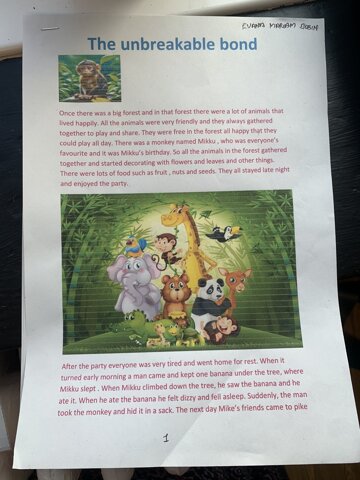
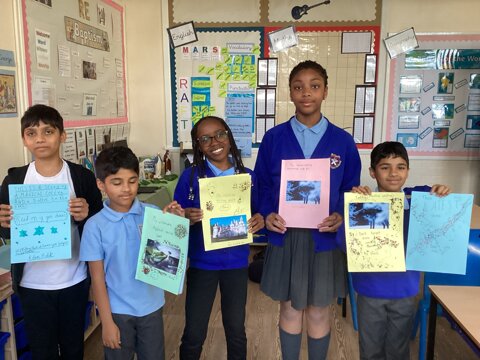
.jpg)
.jpg)

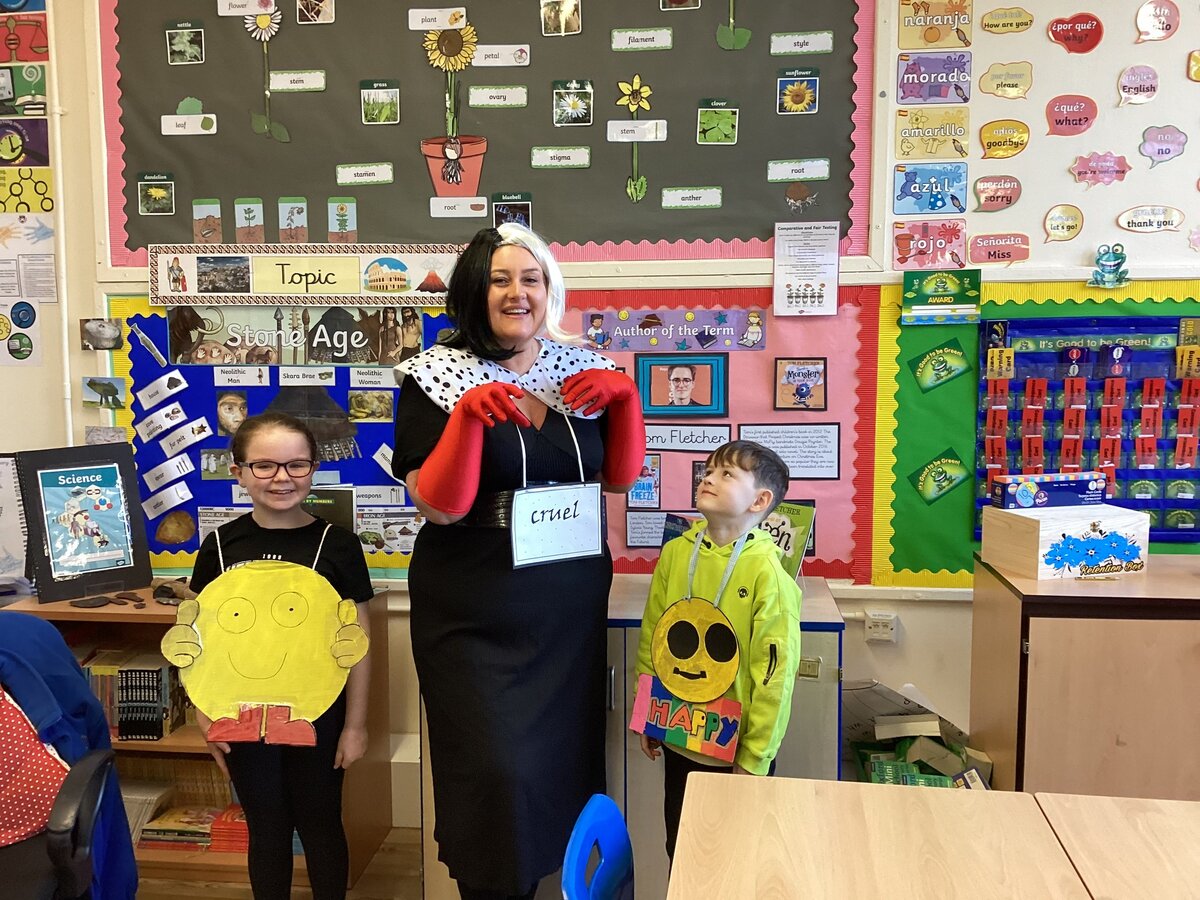
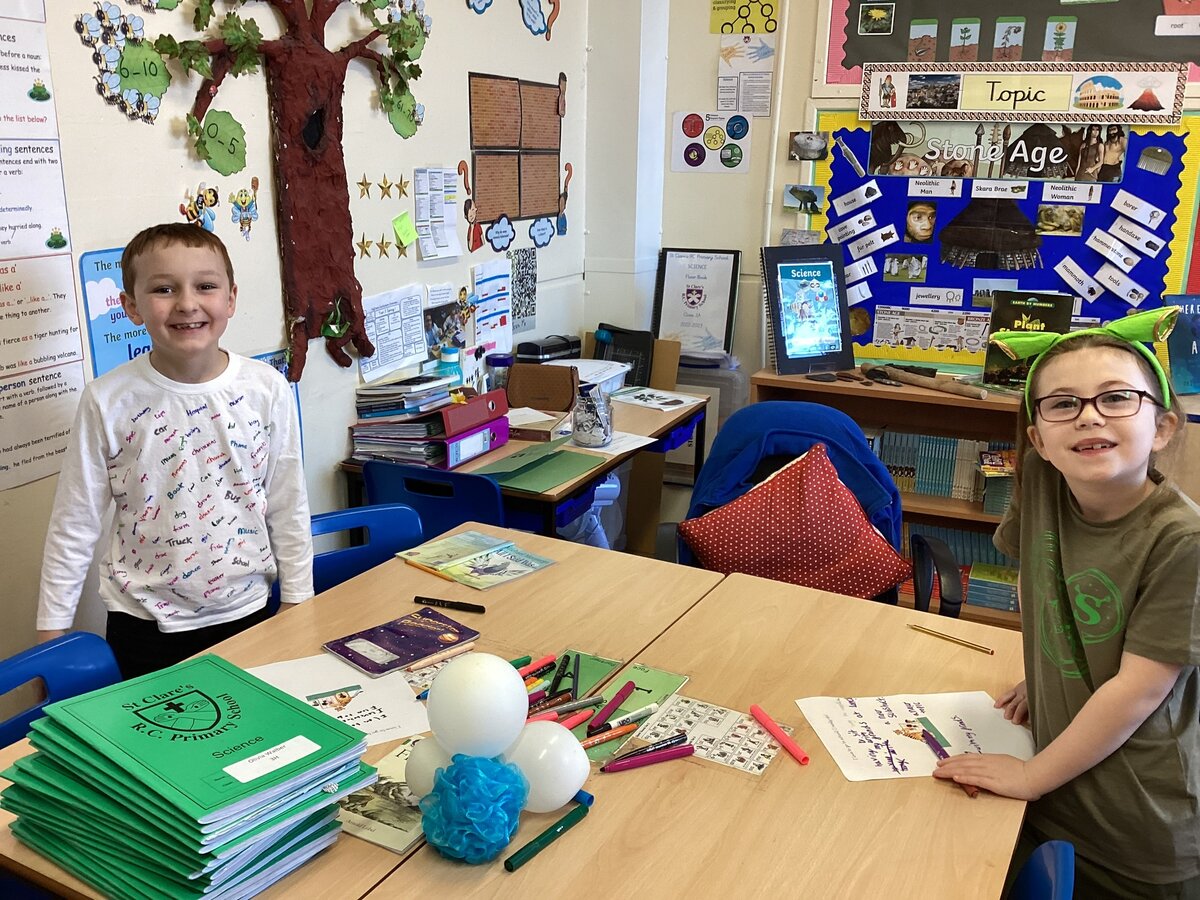
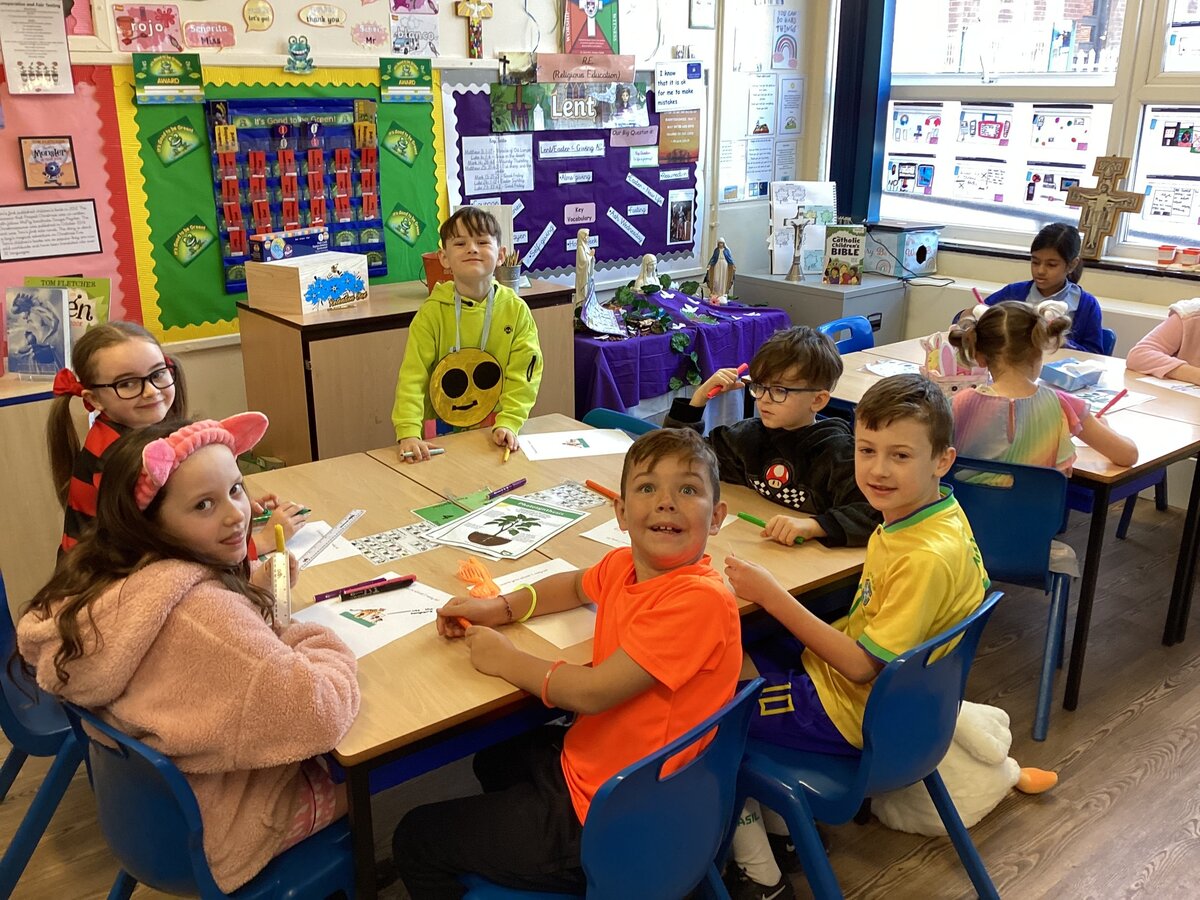

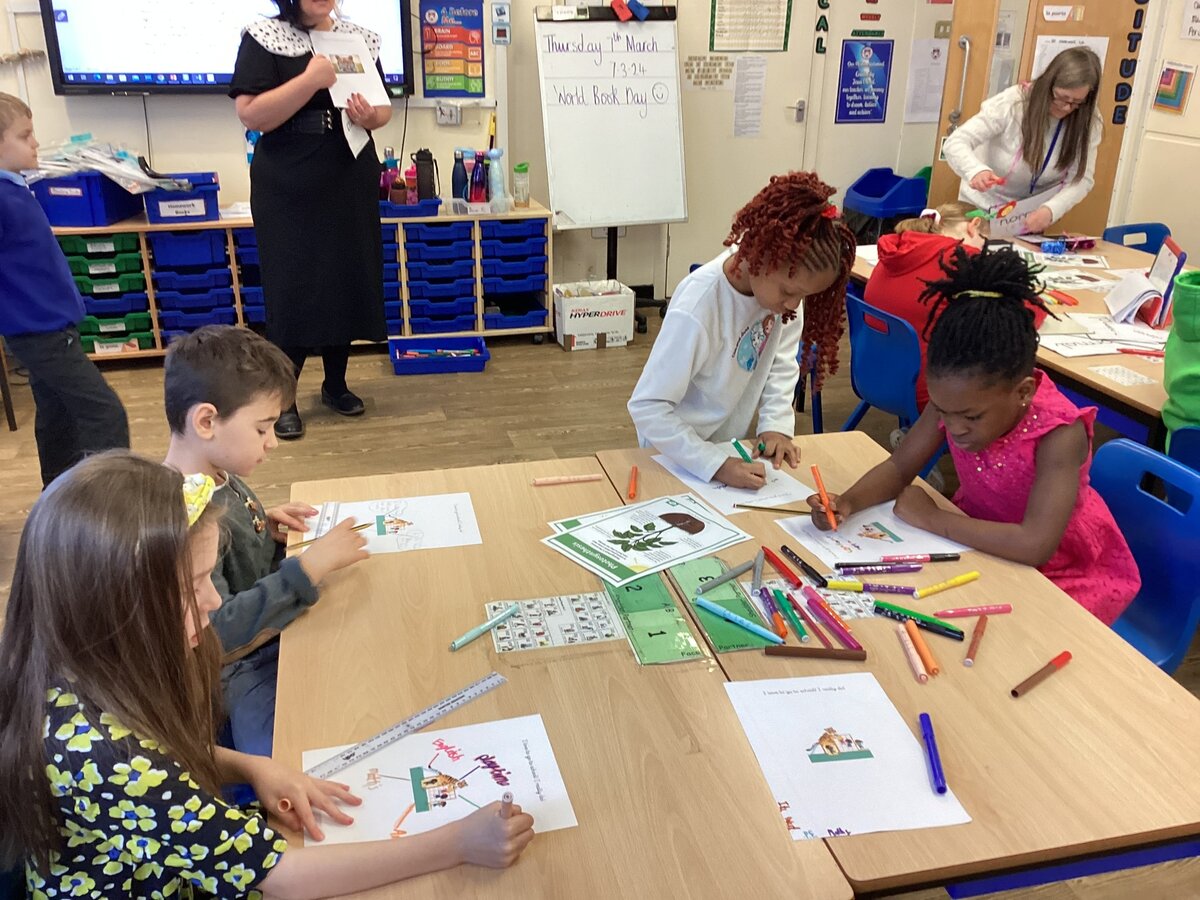

.jpeg)
.jpeg)
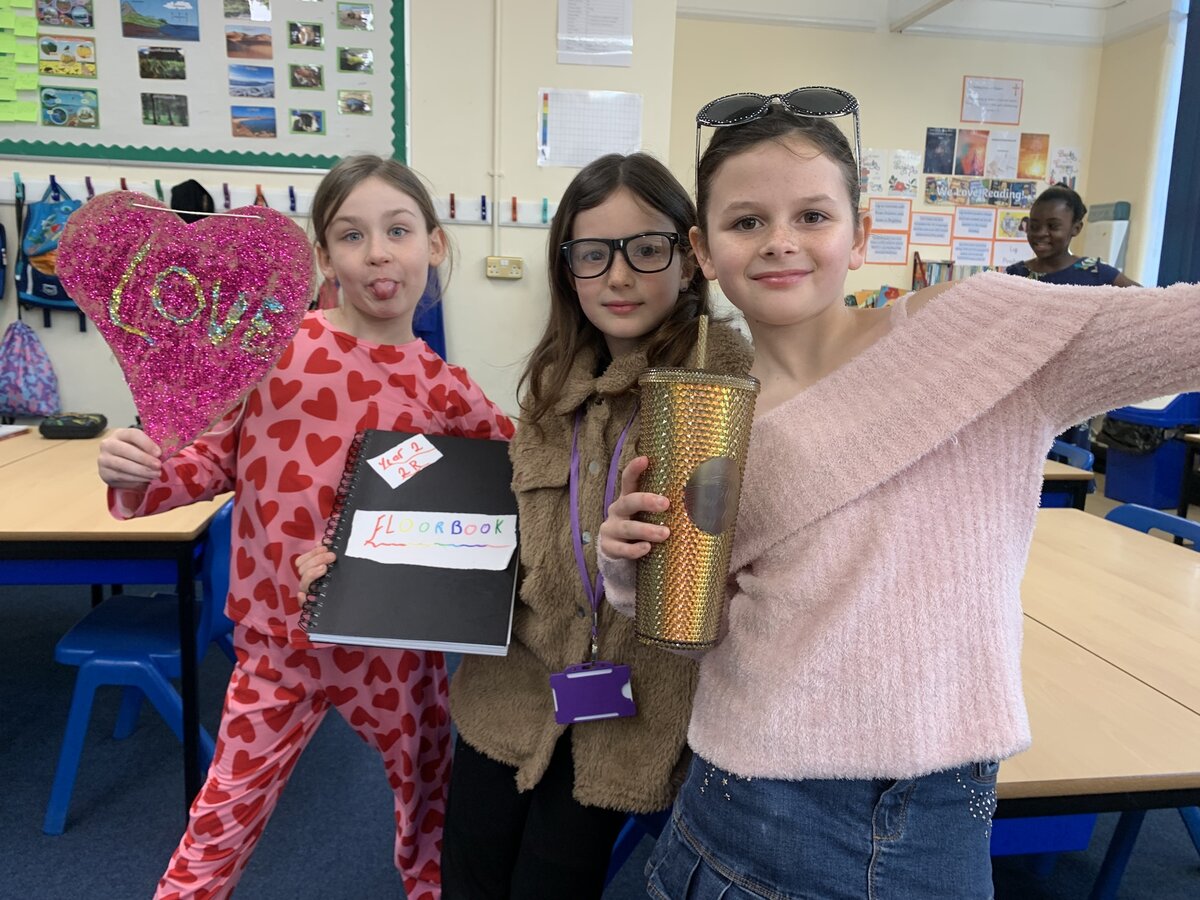
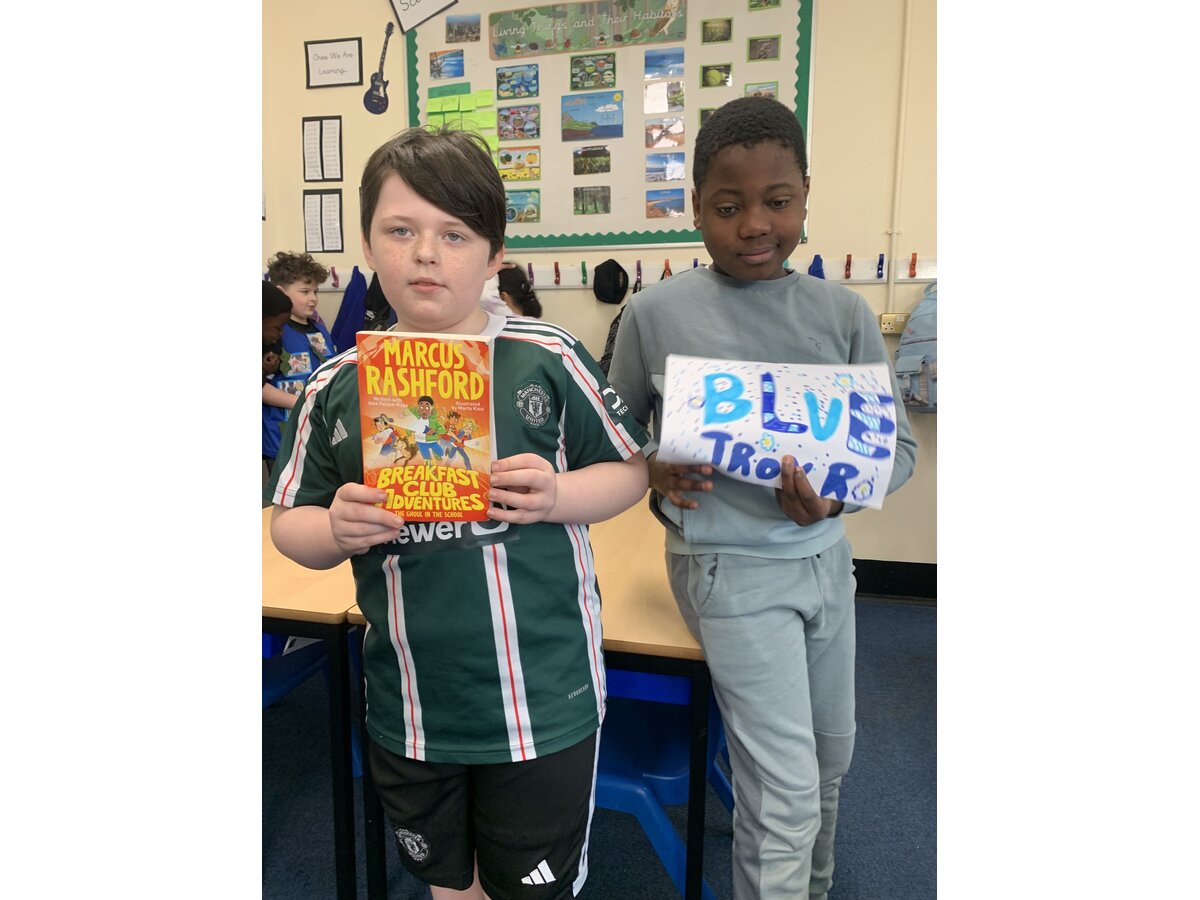
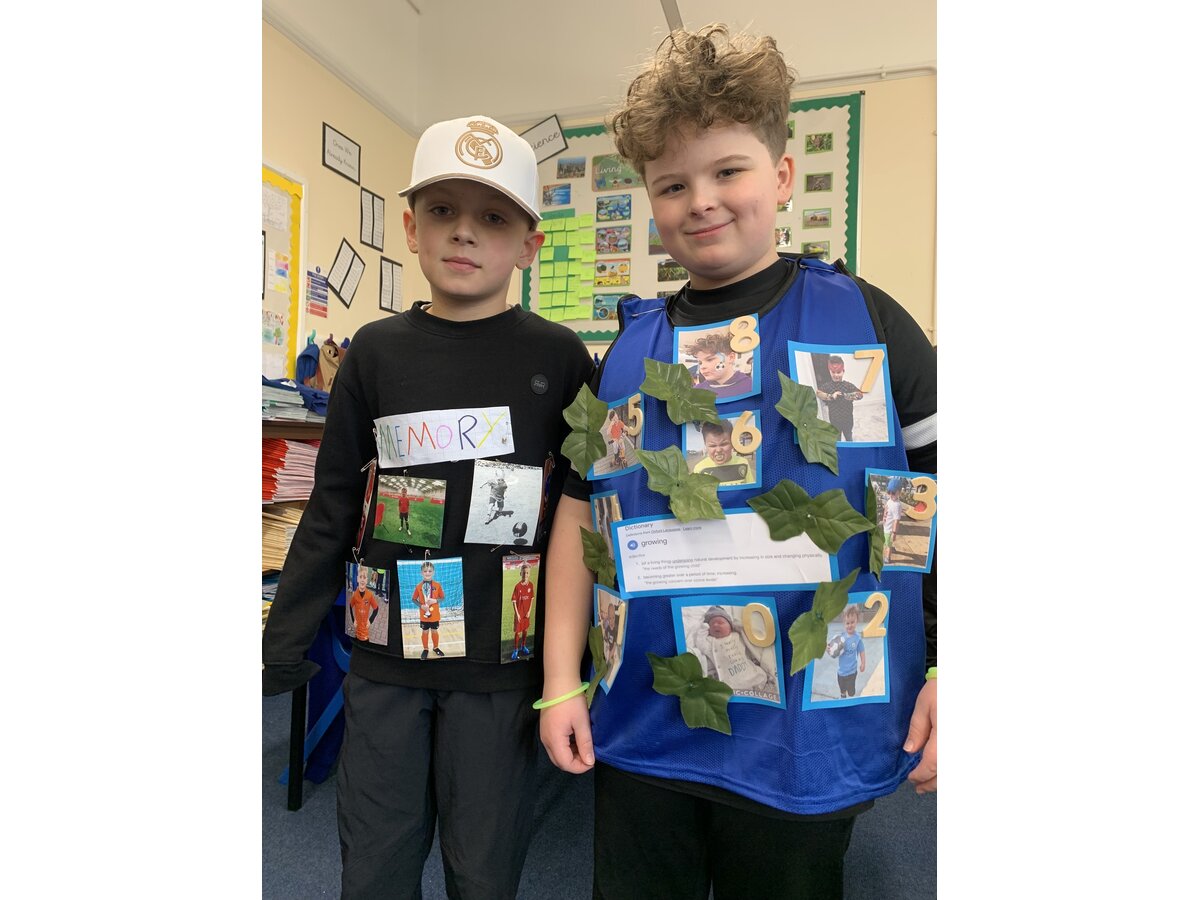
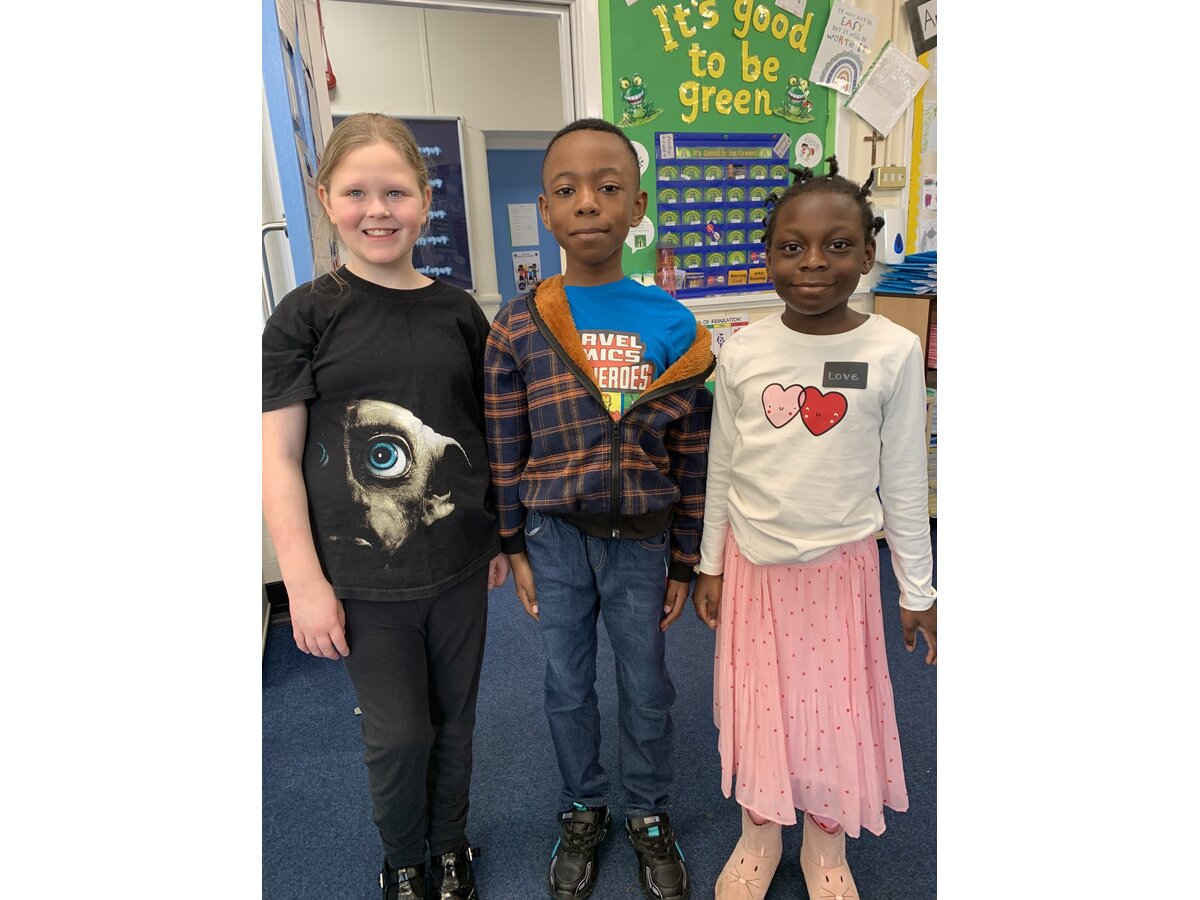
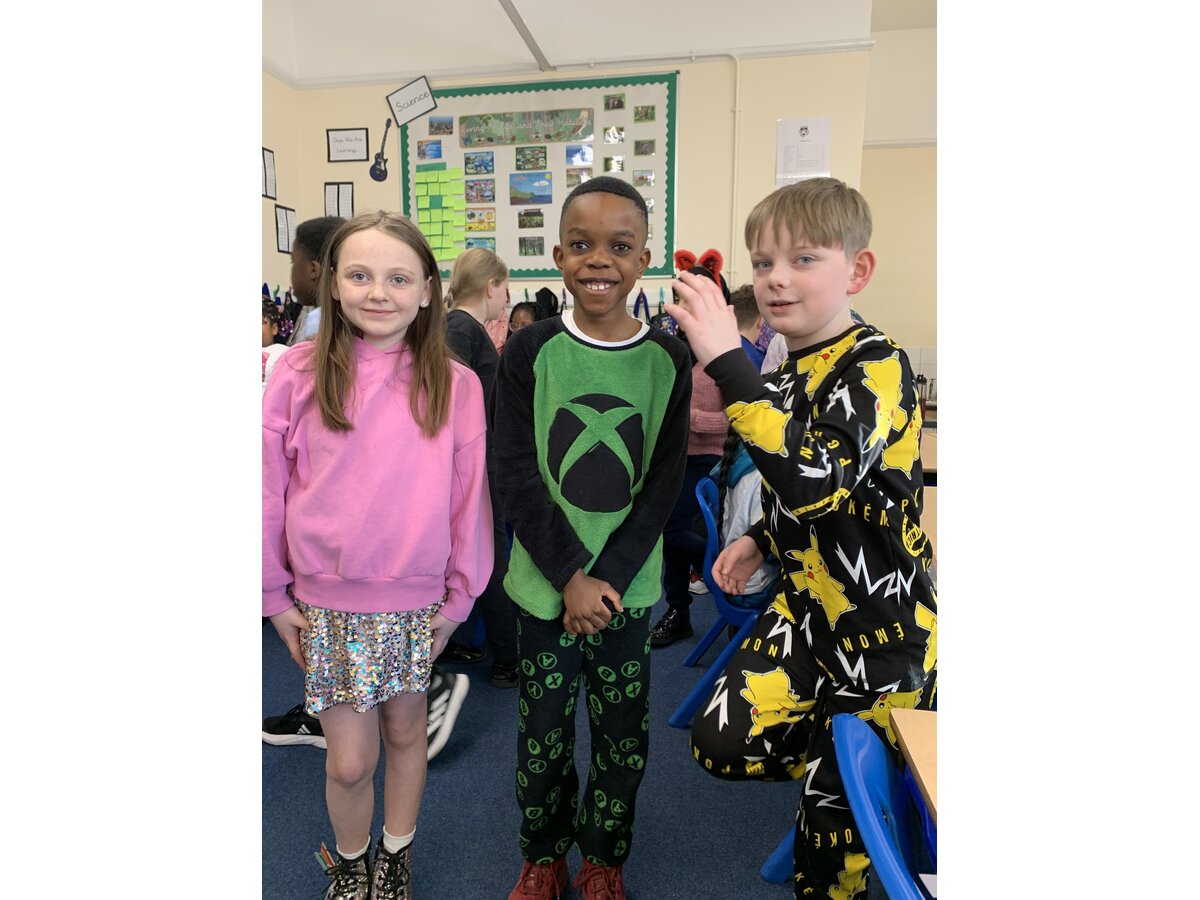
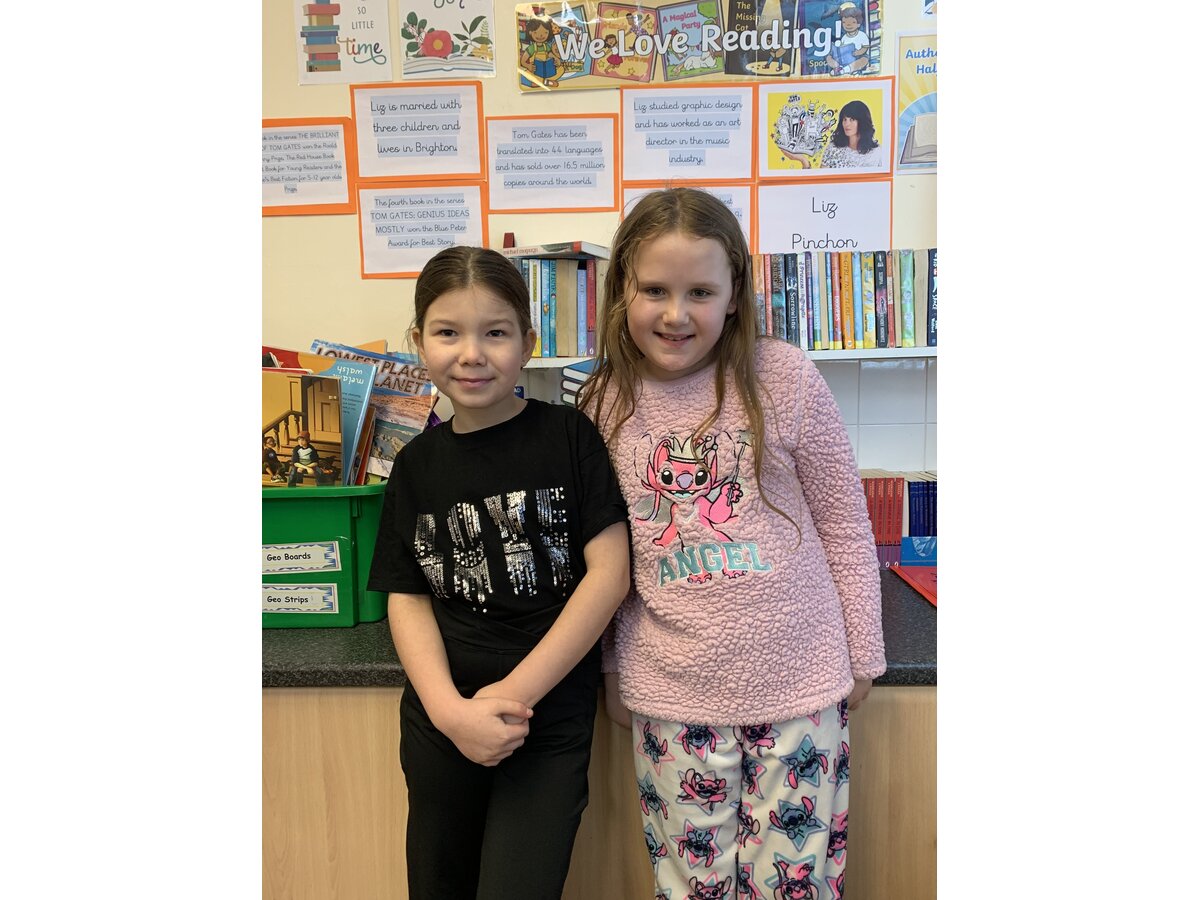
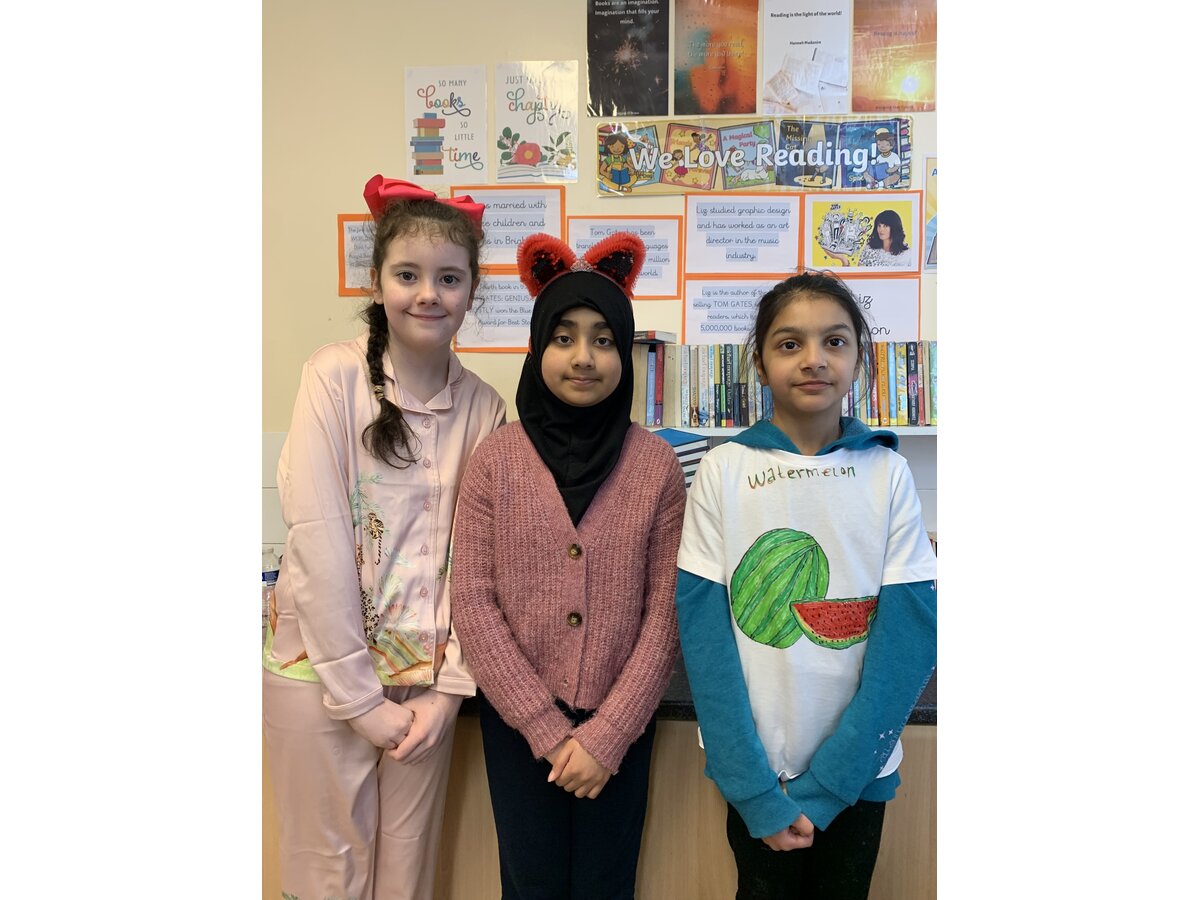

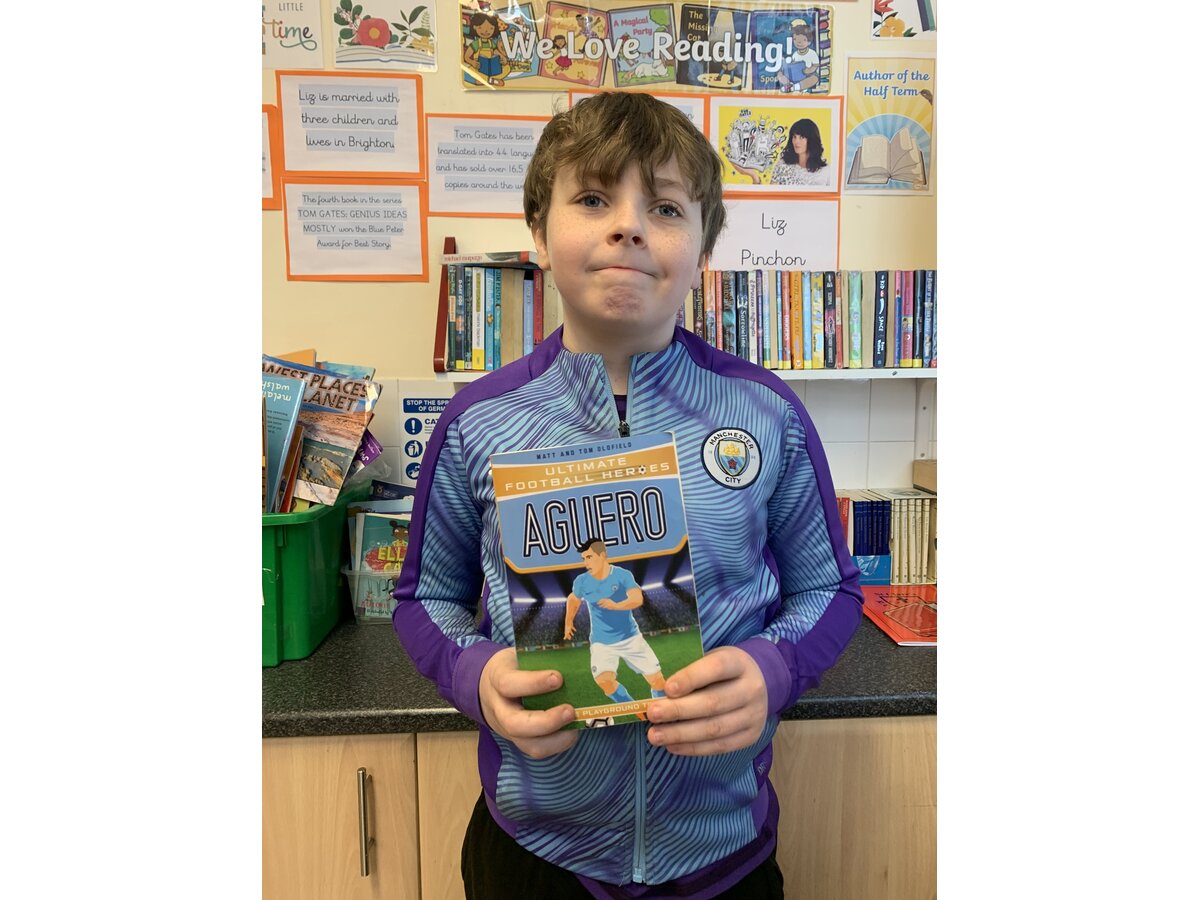

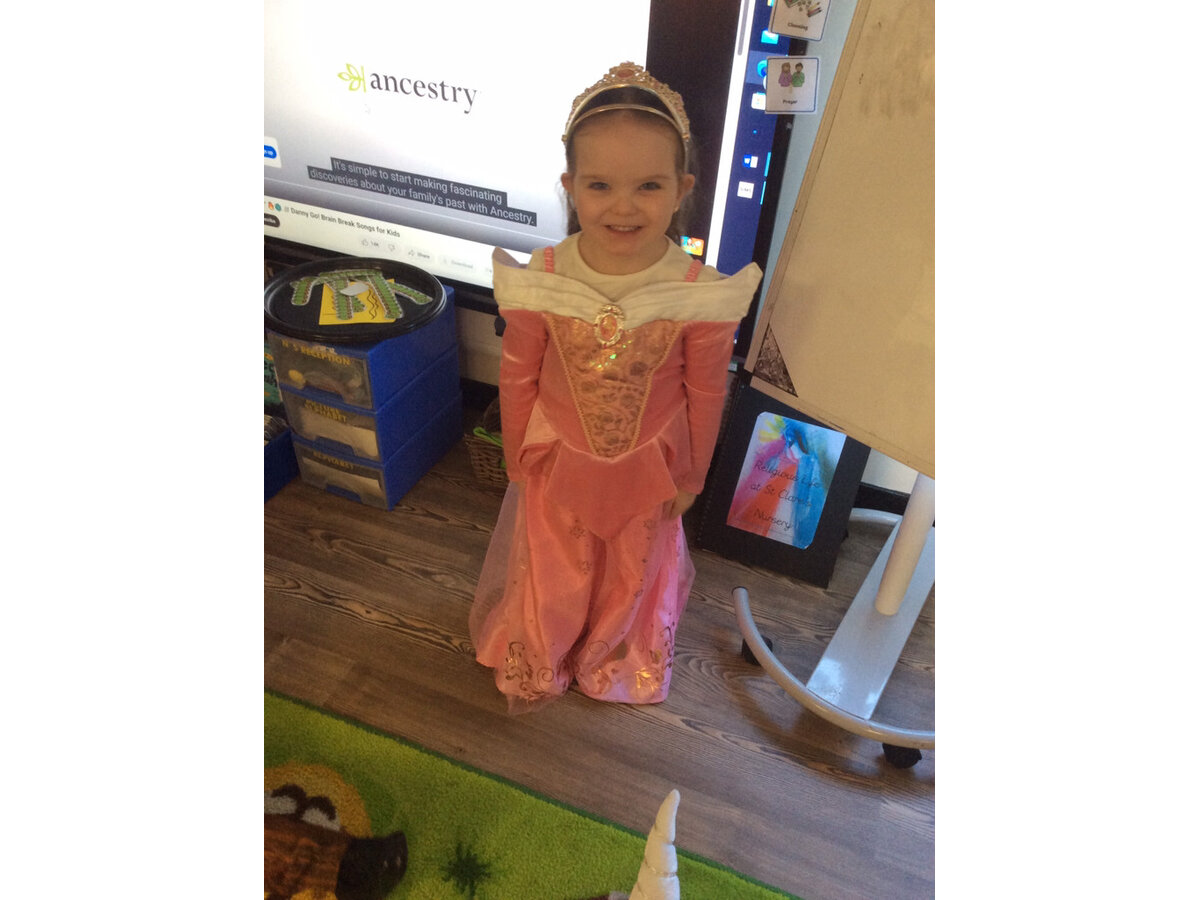
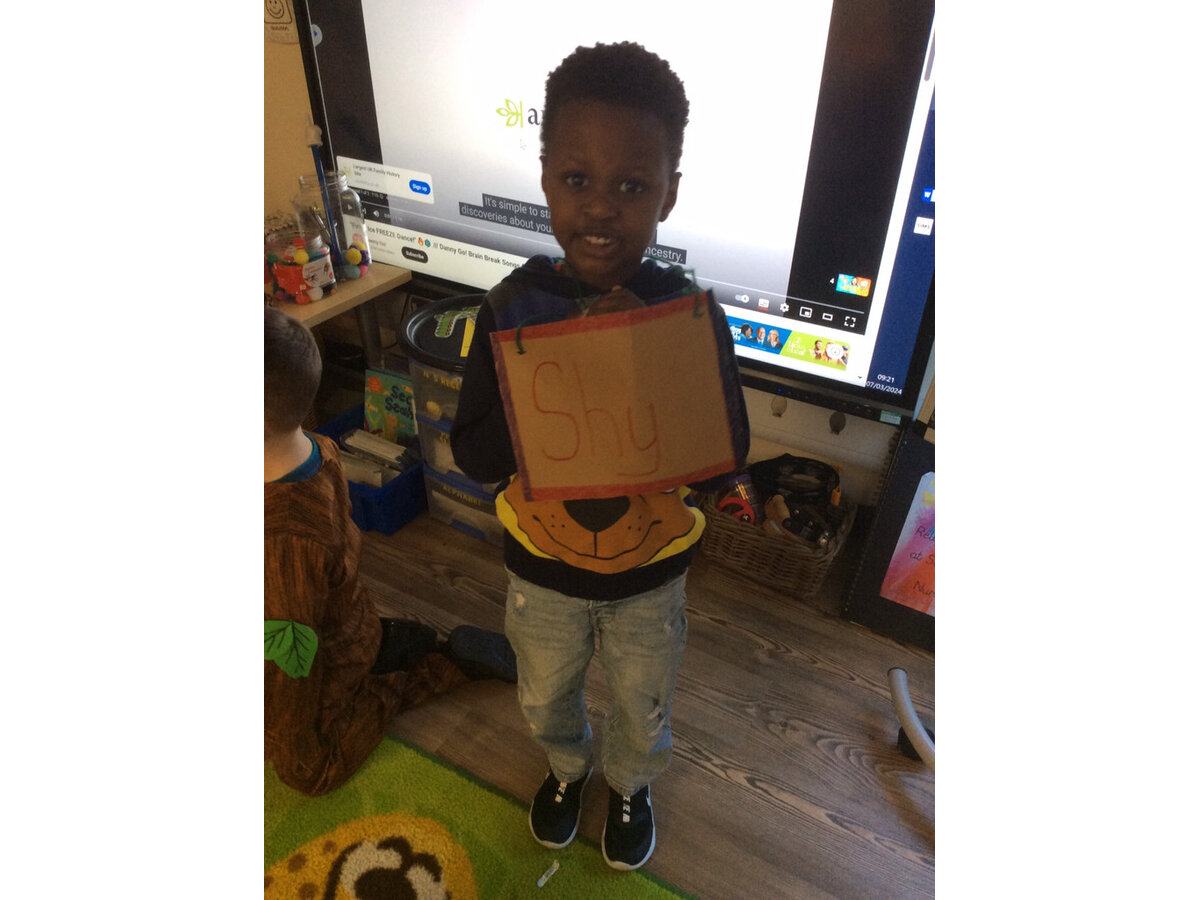
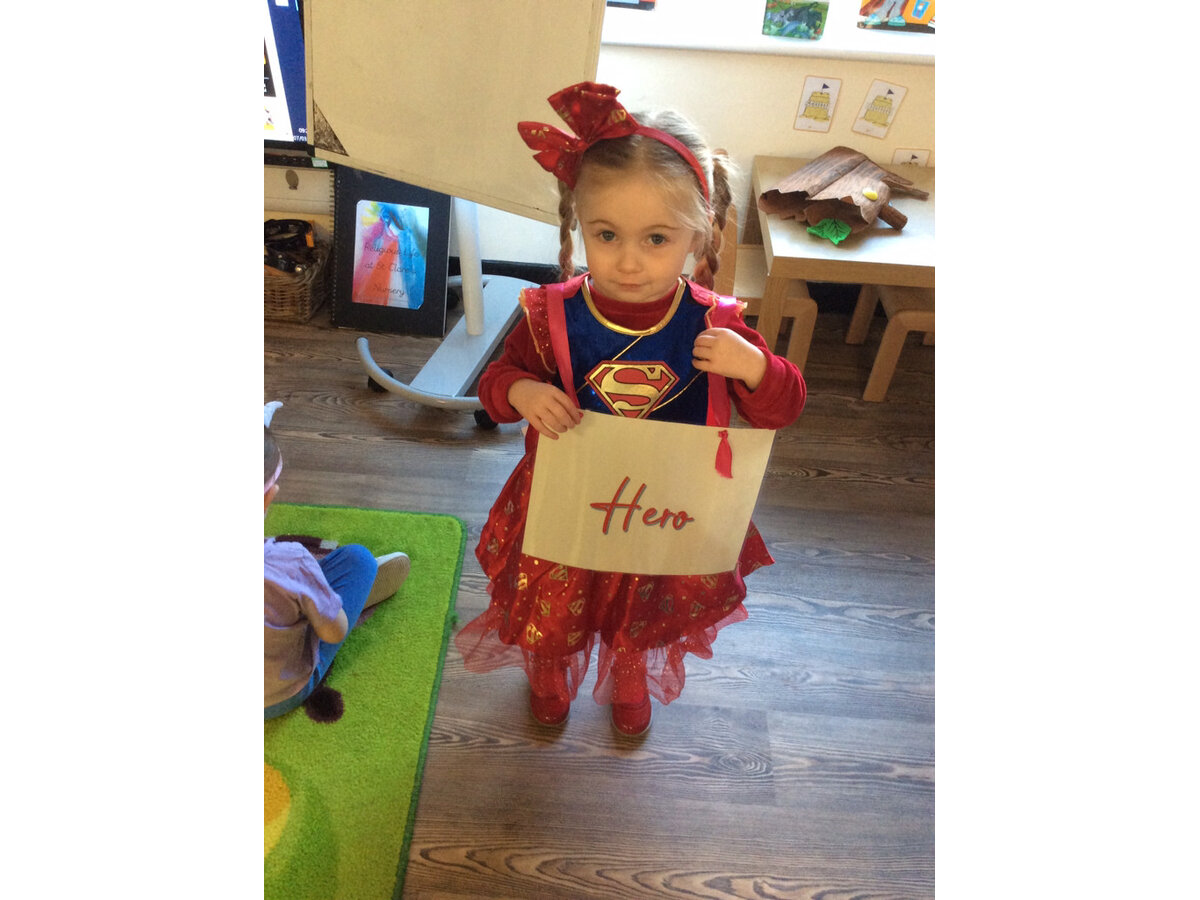
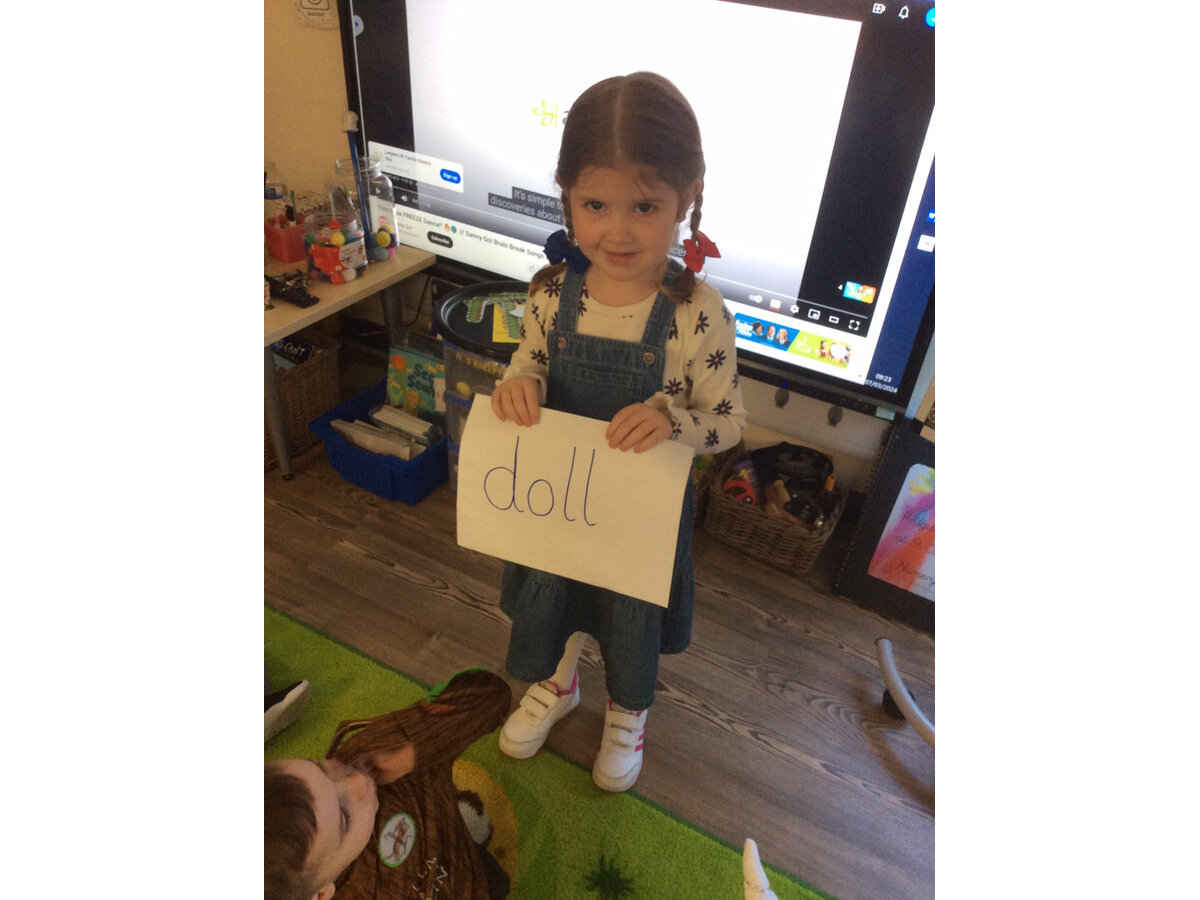
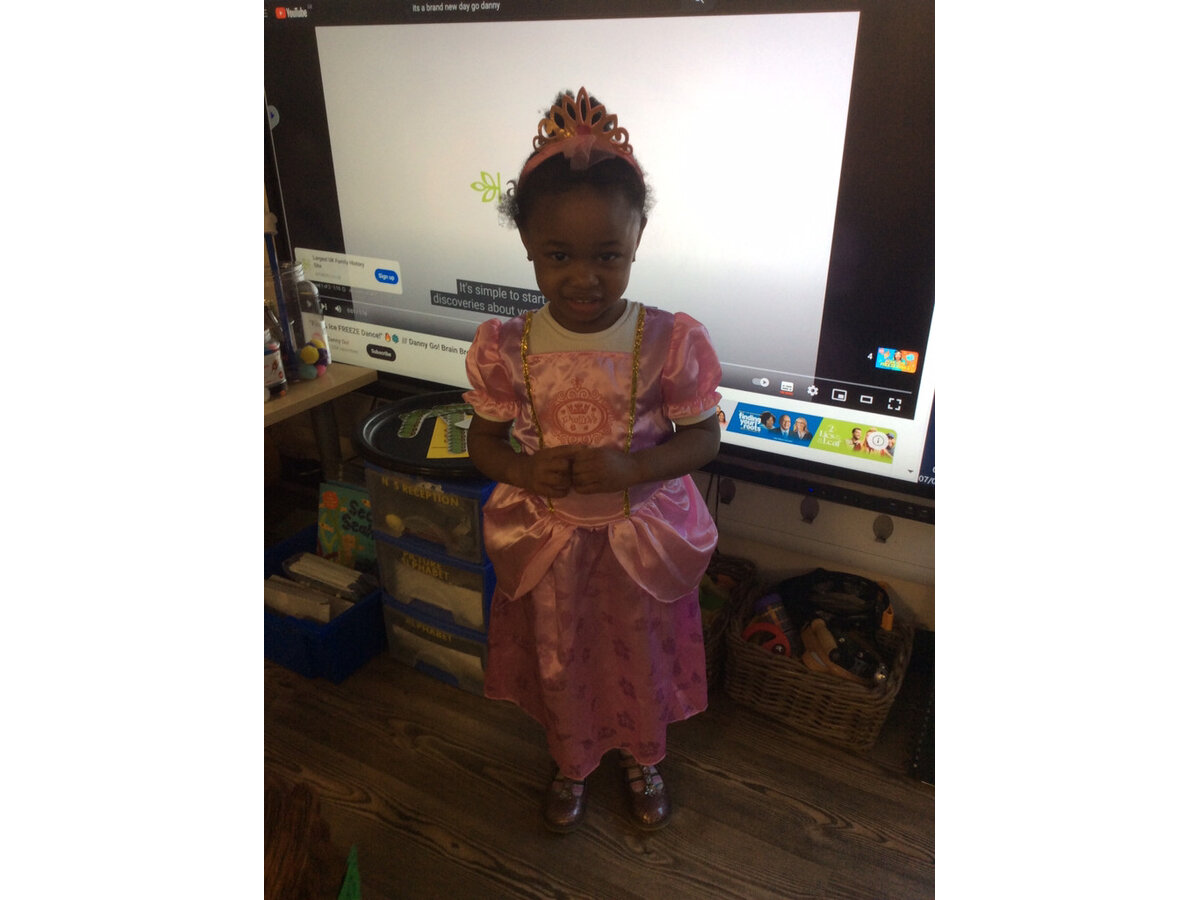

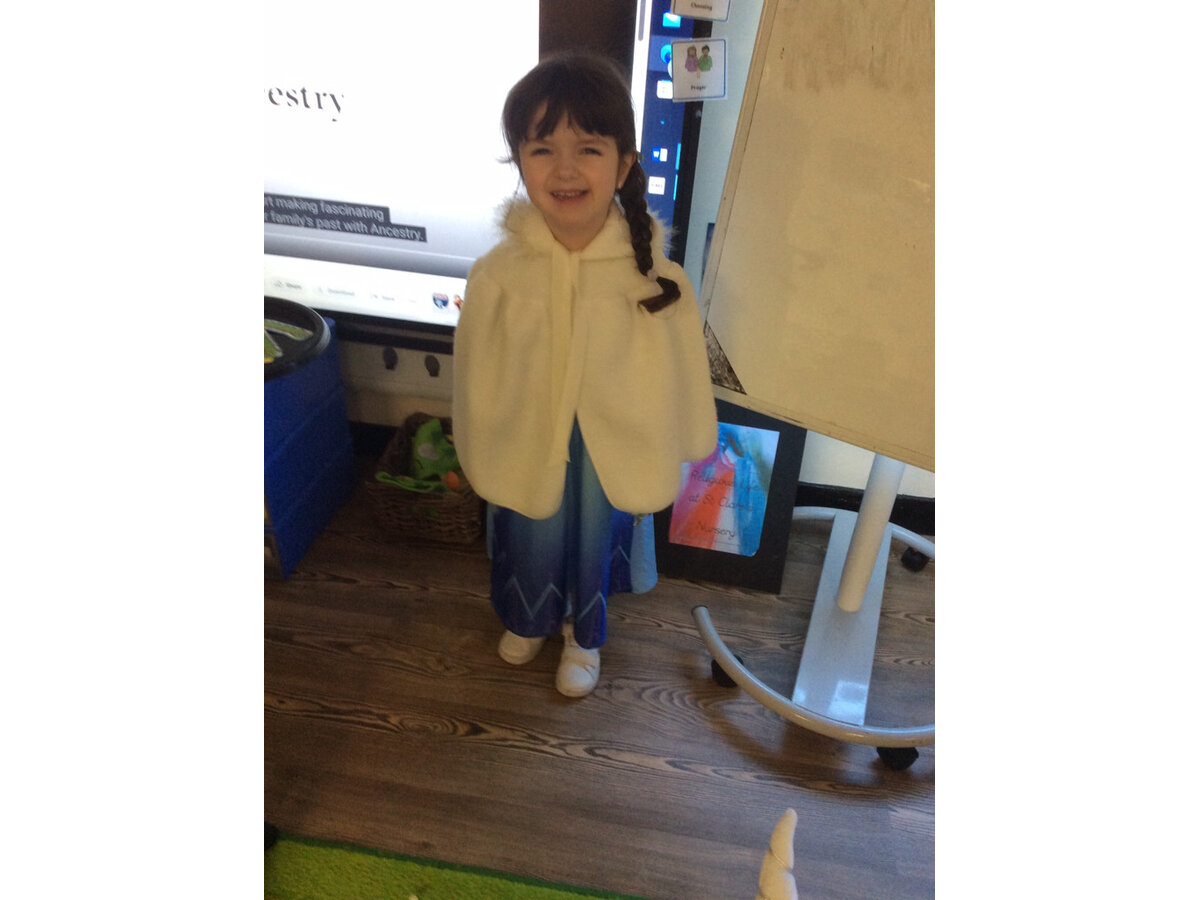
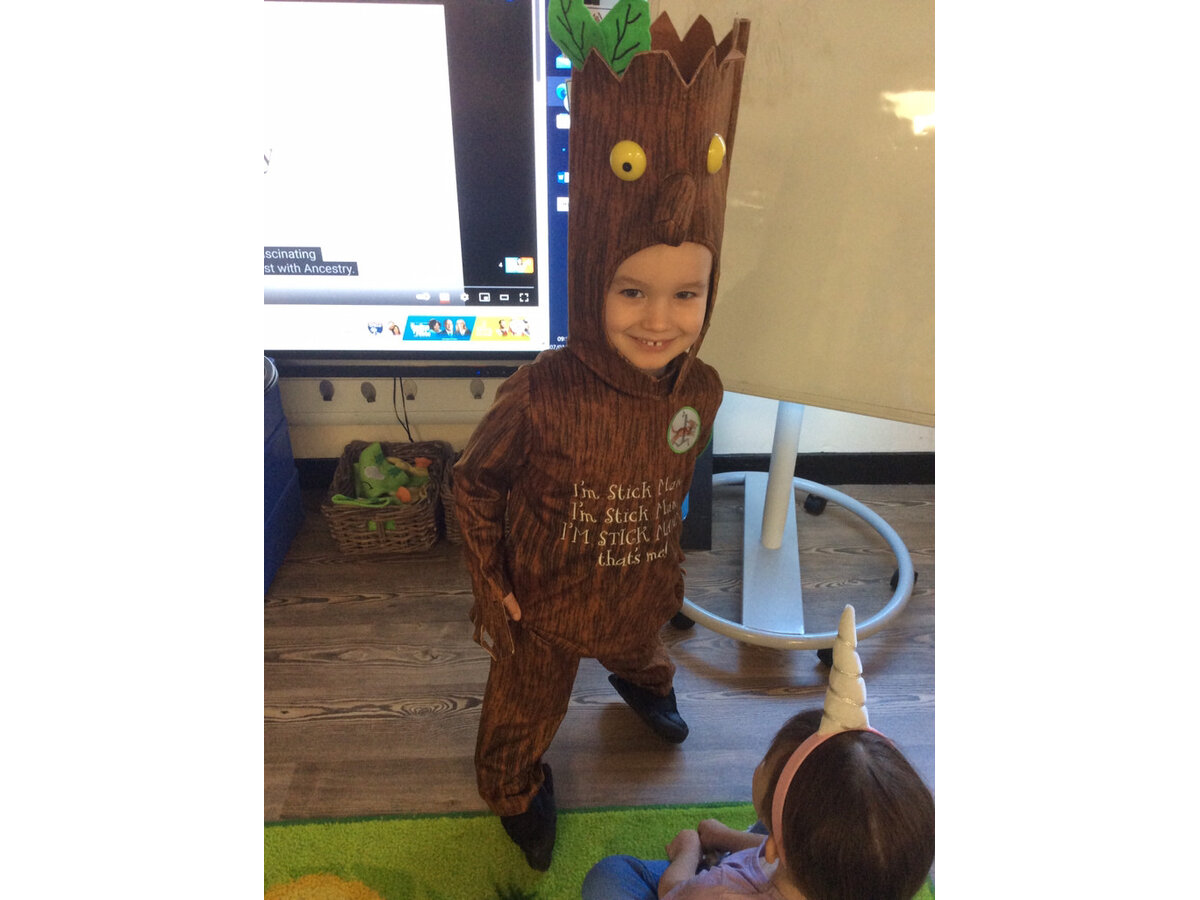
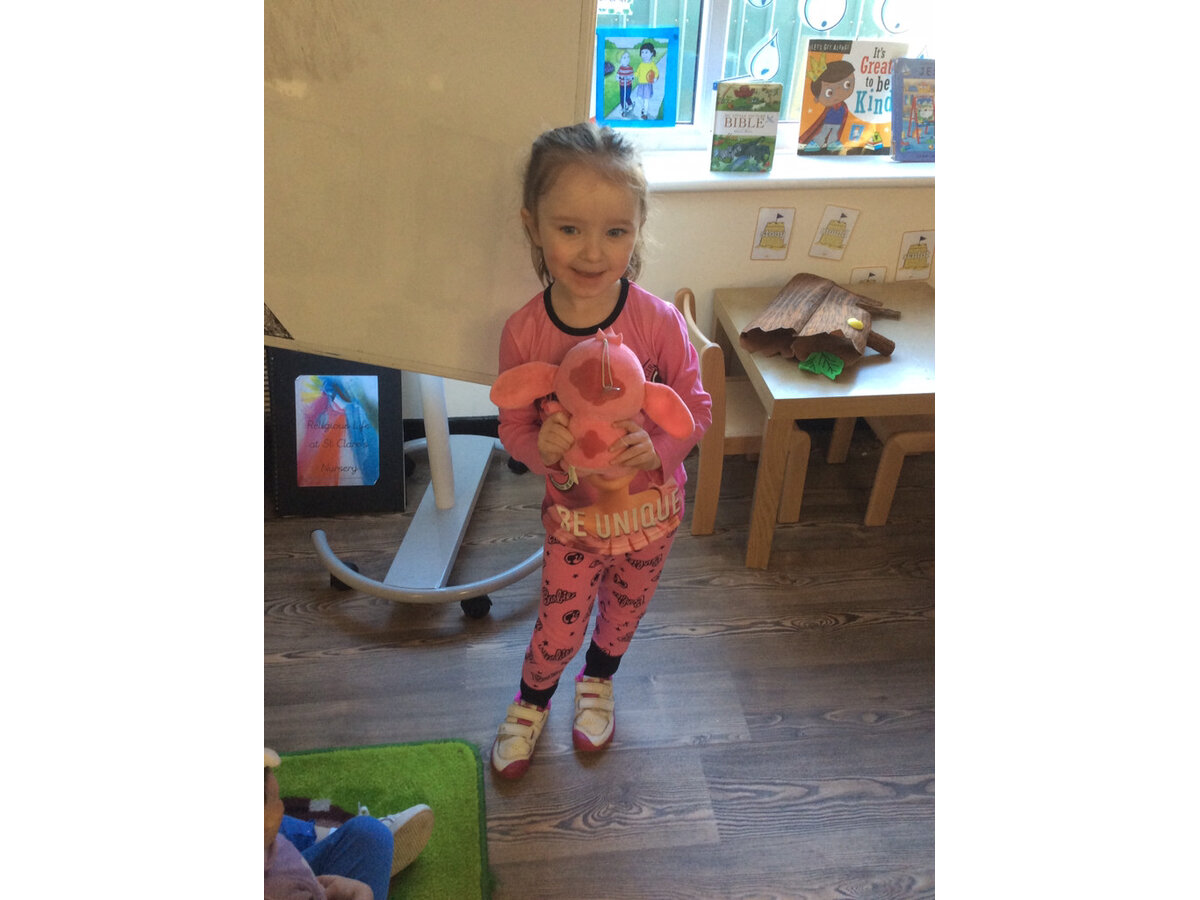
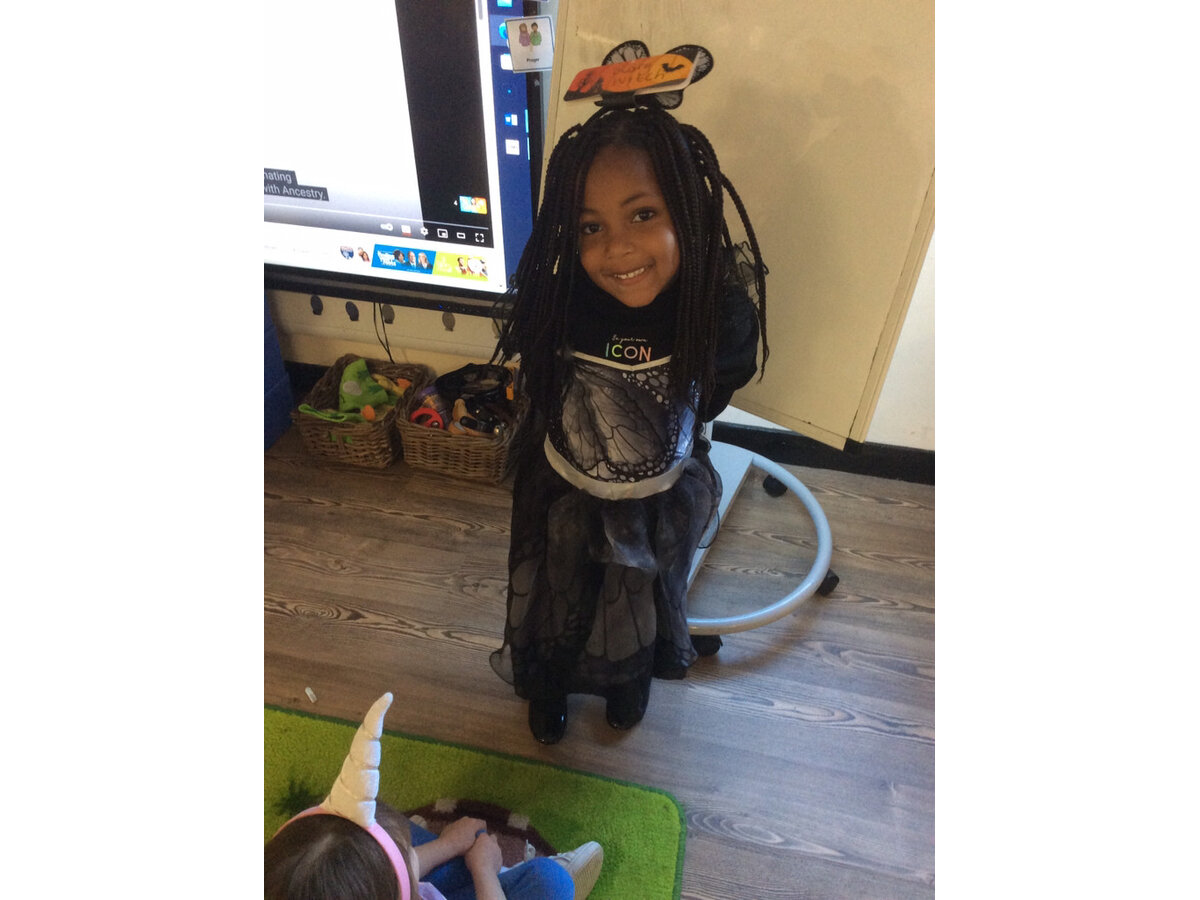
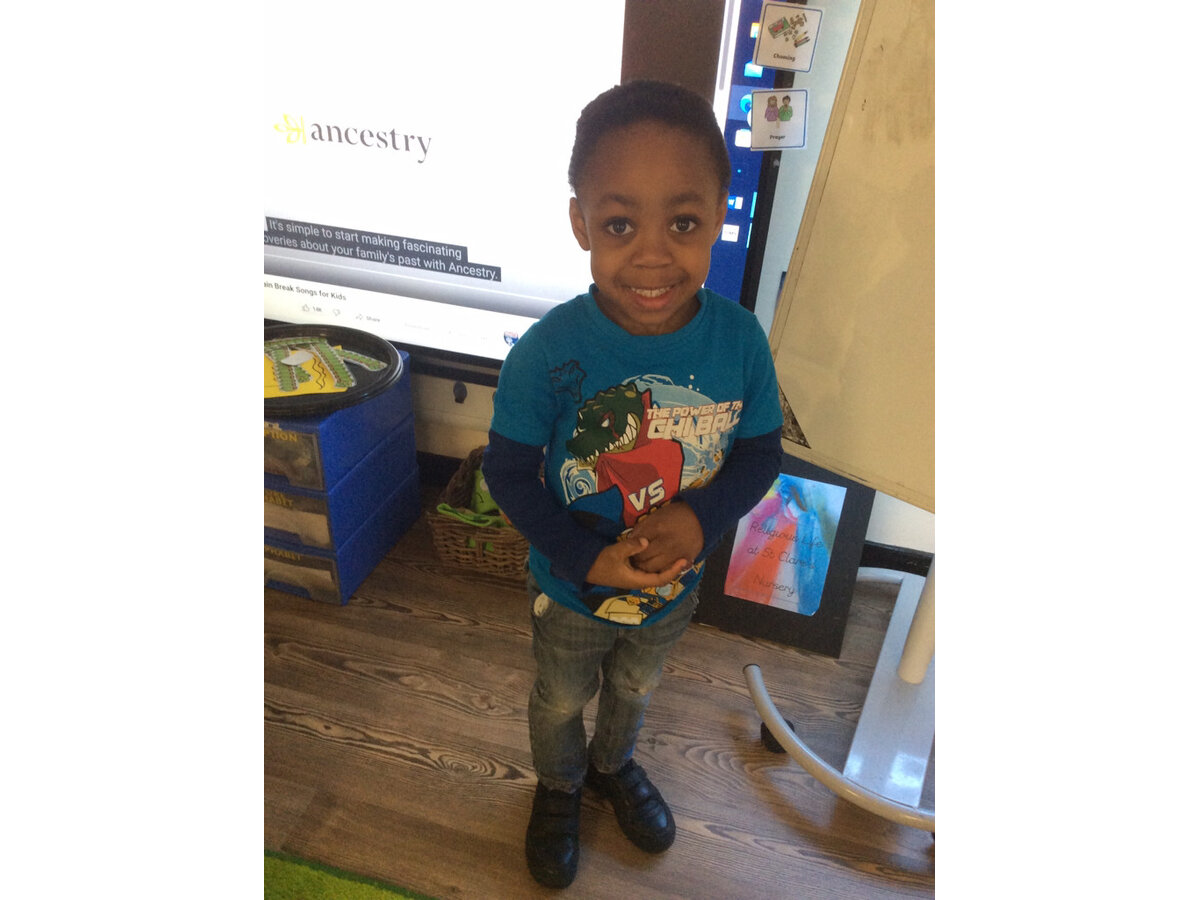
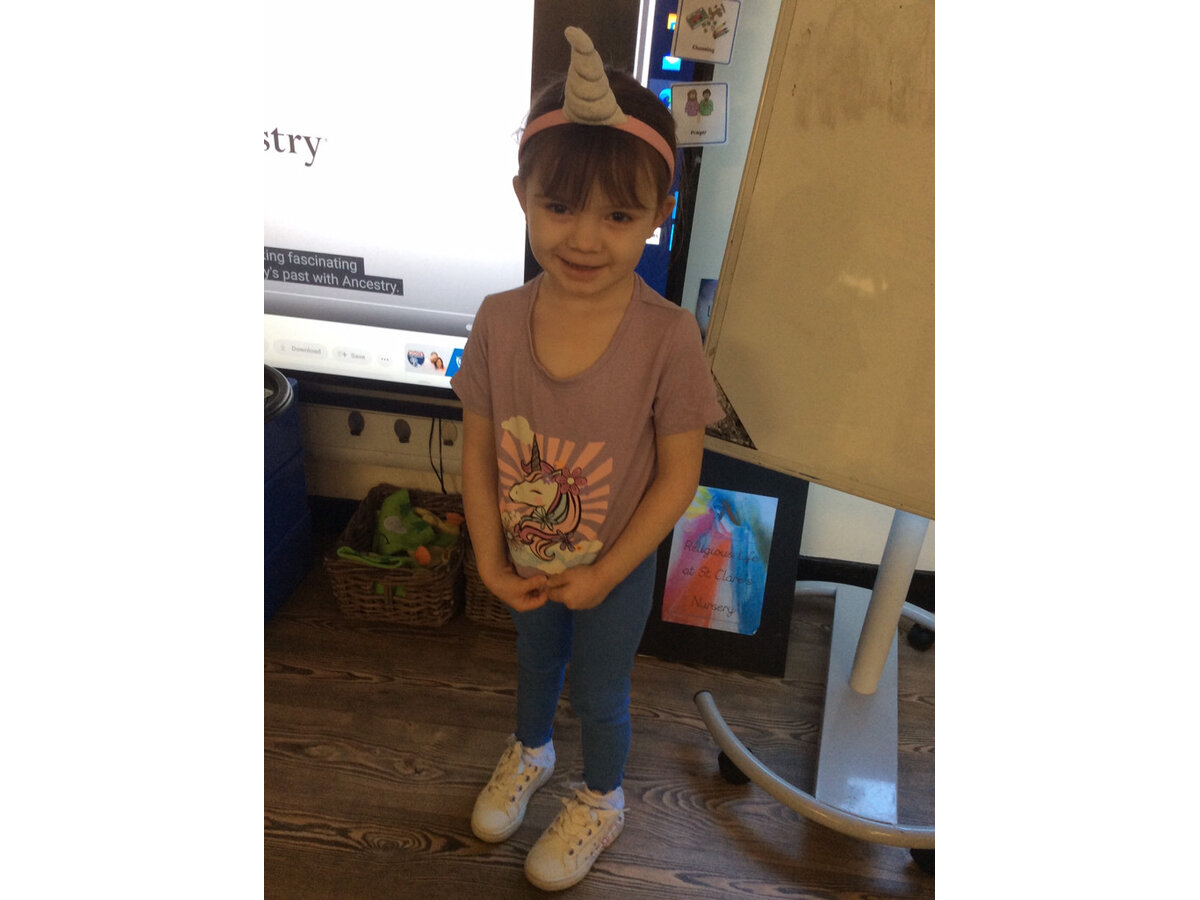
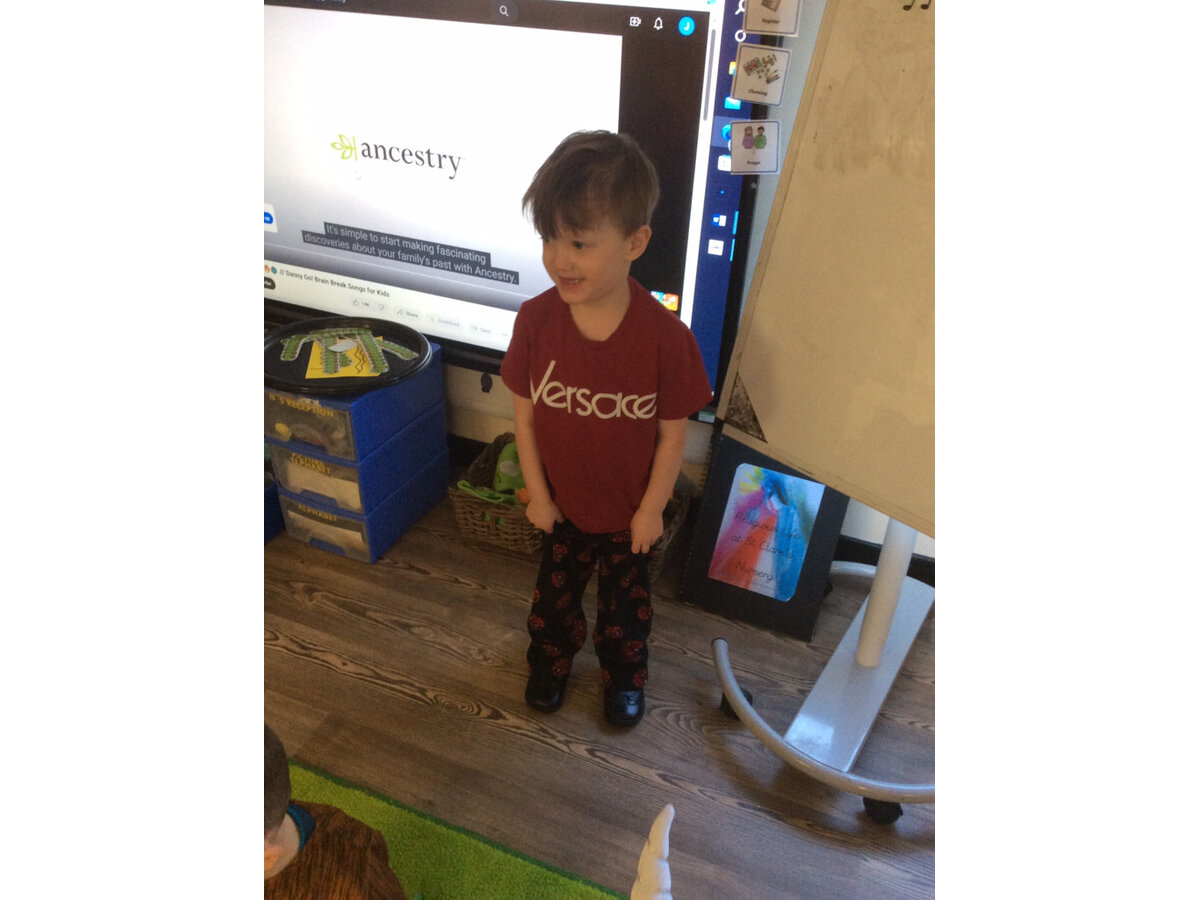
.jpg)
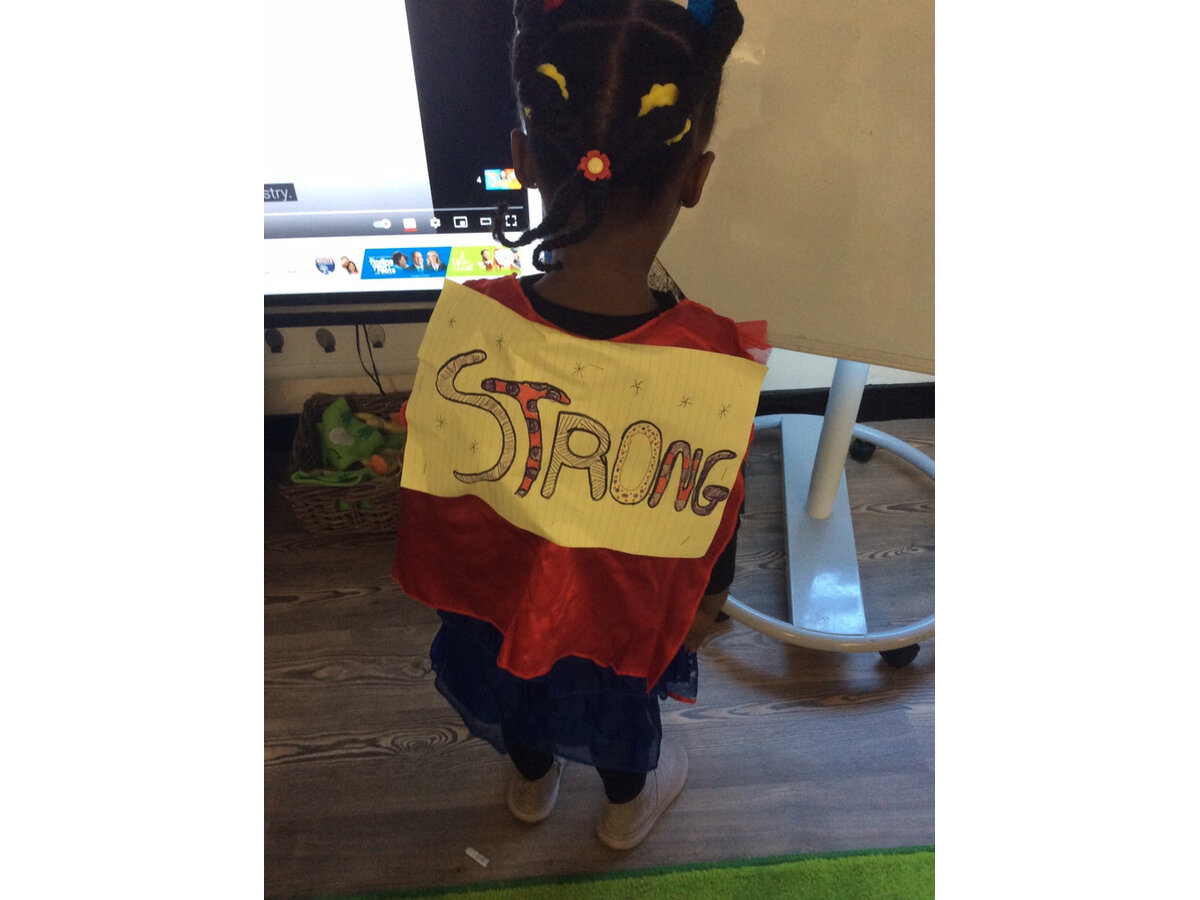
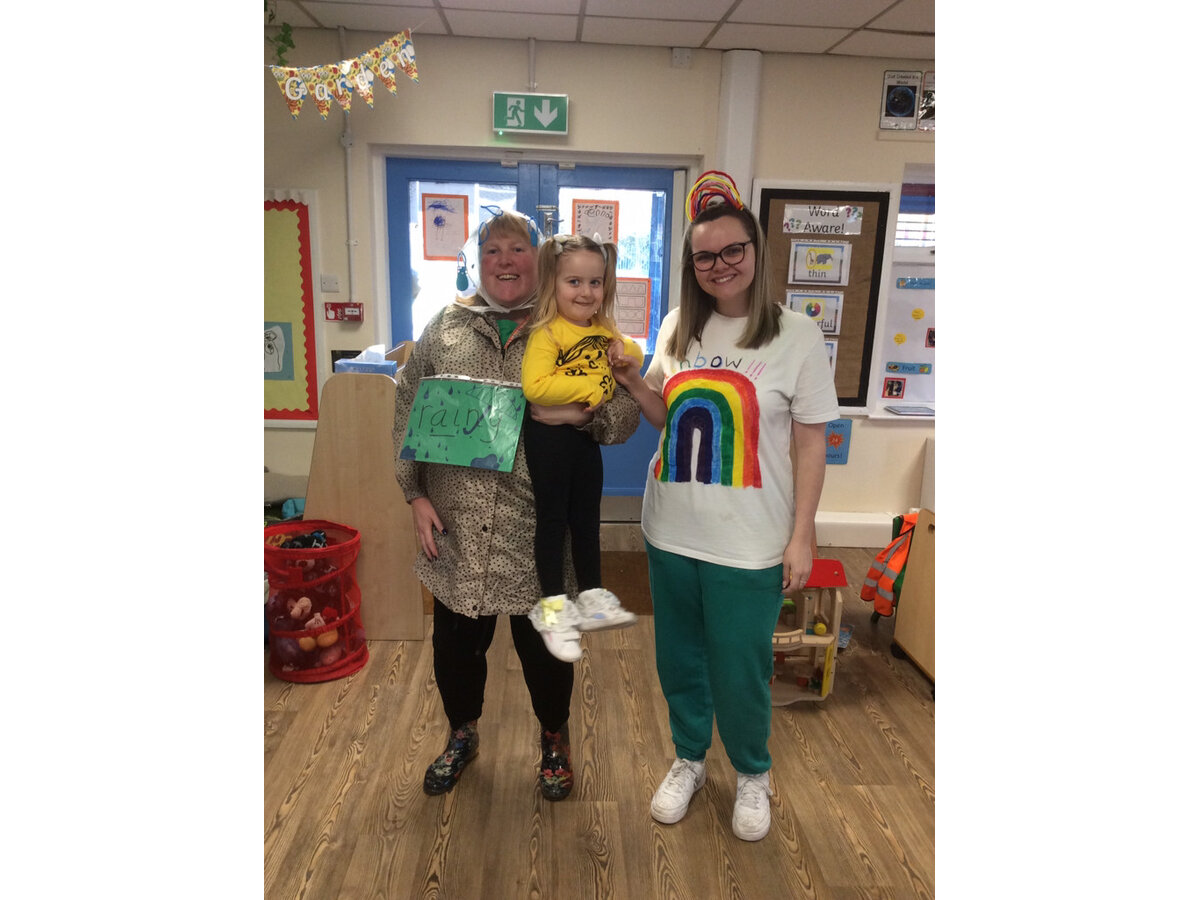
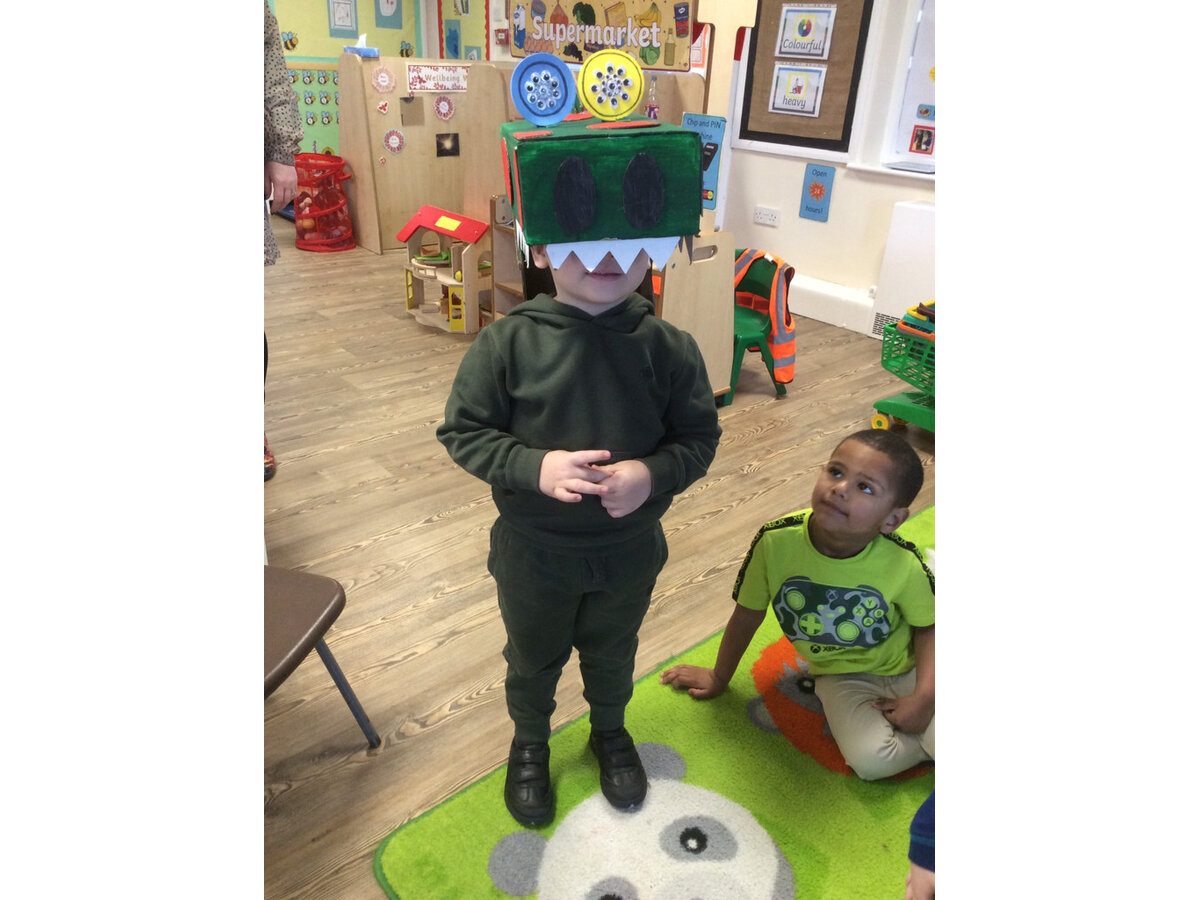

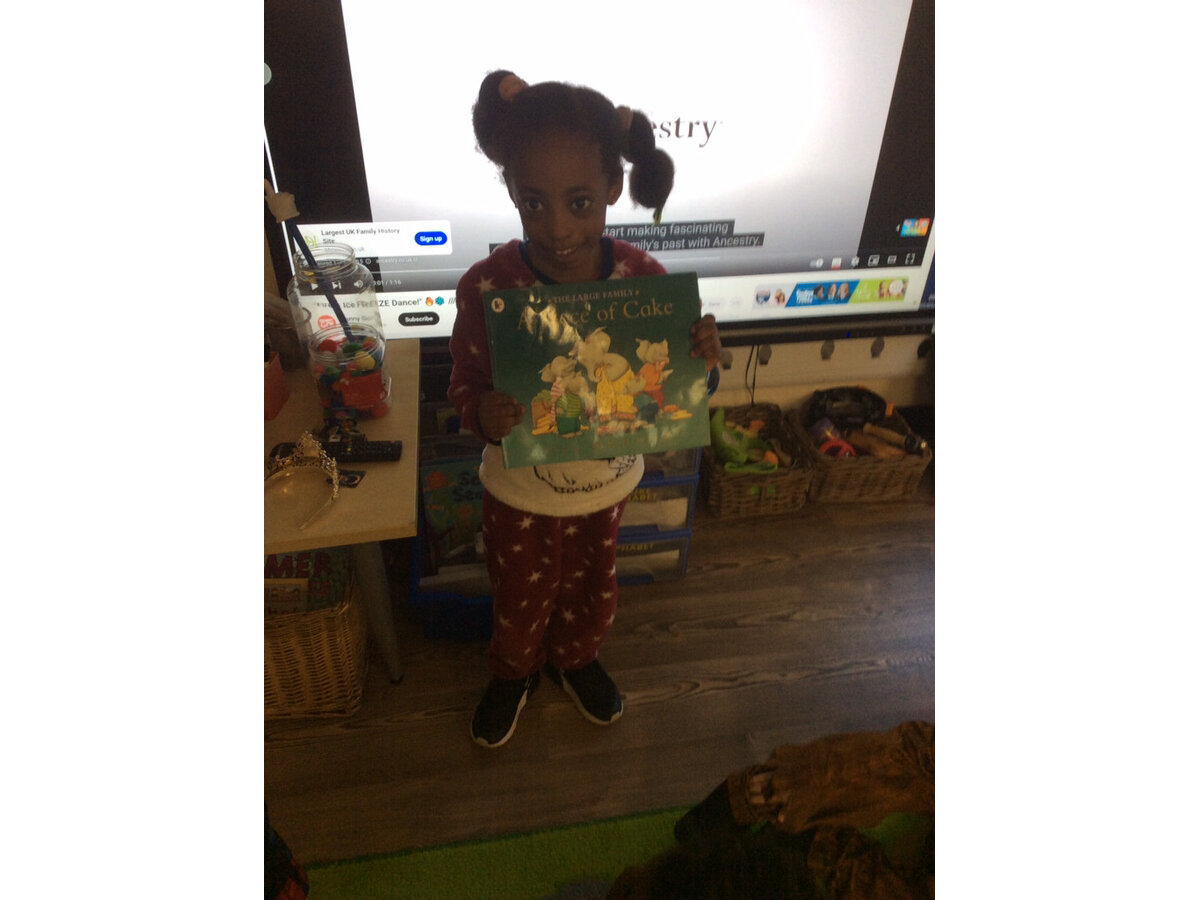
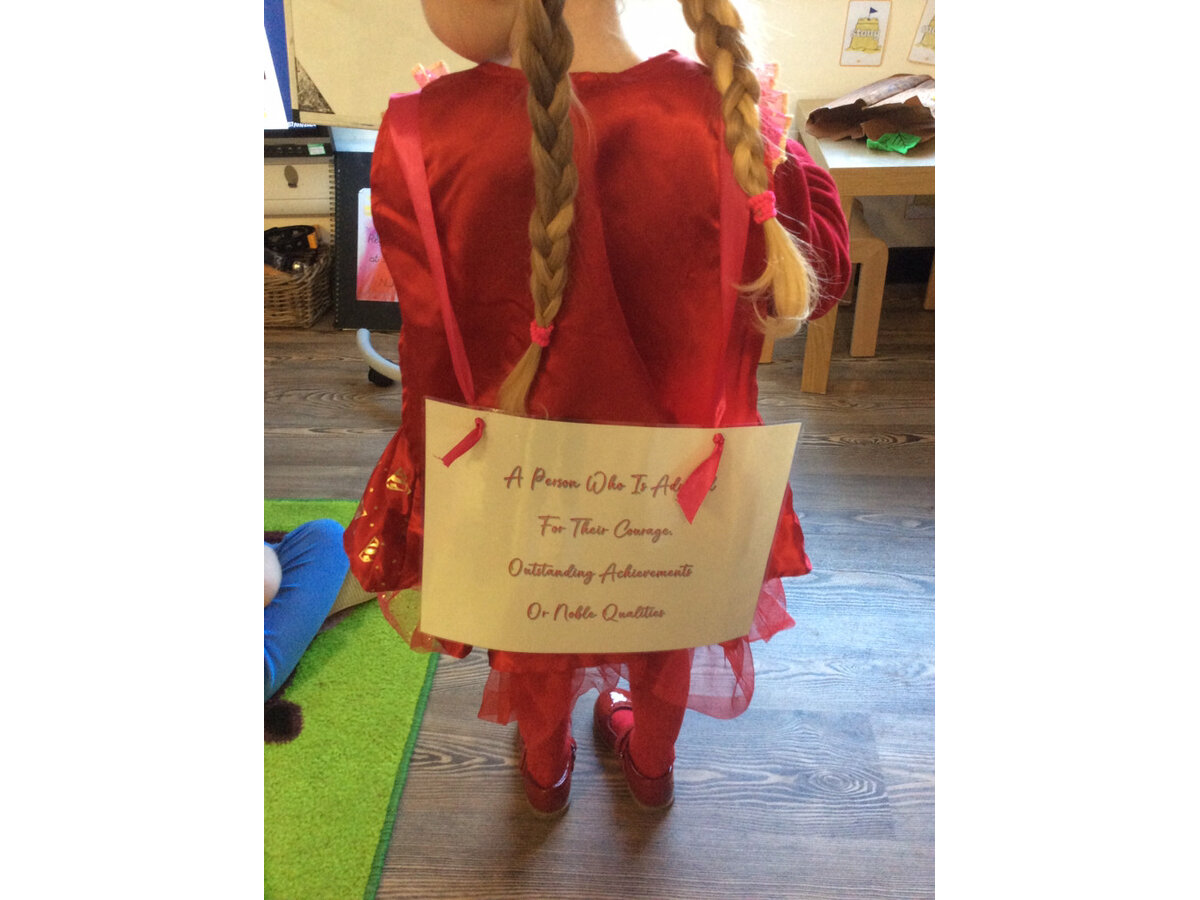
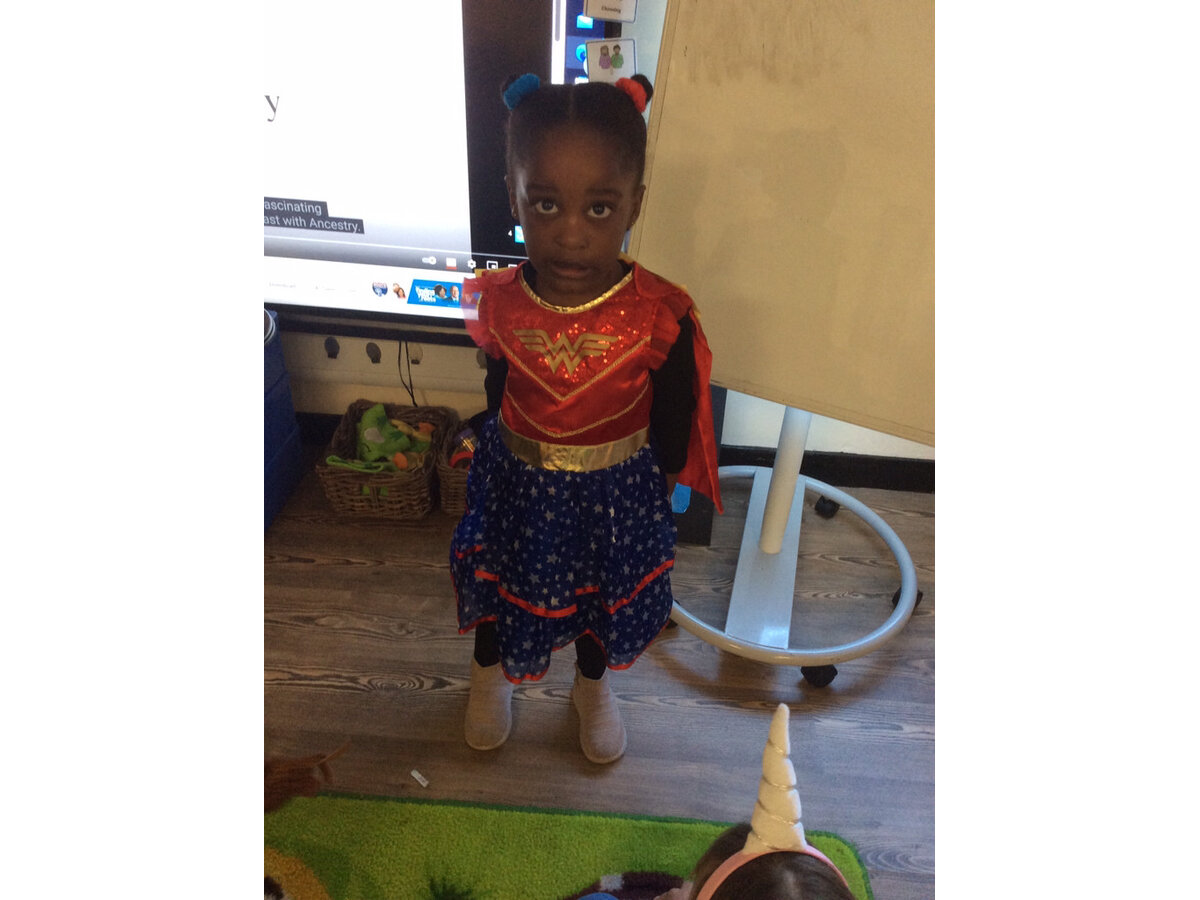
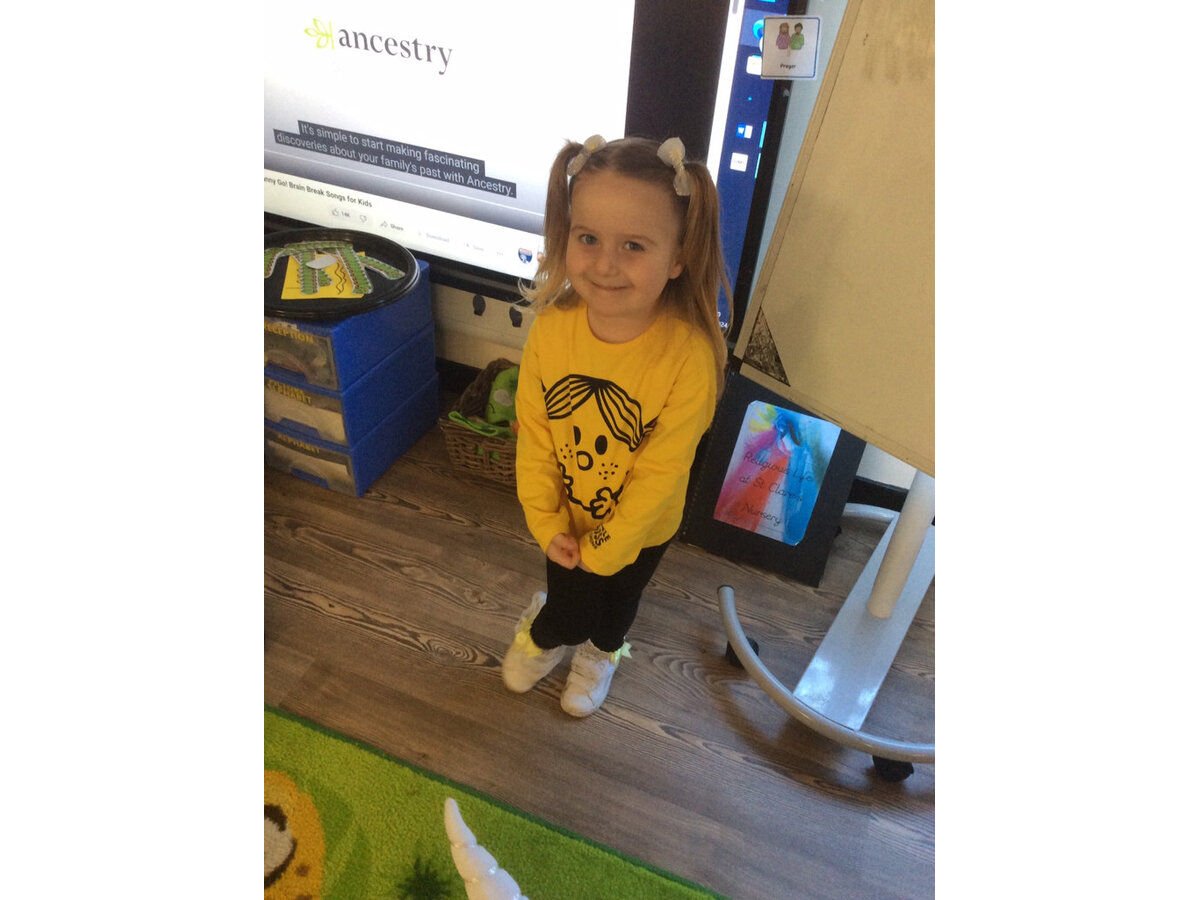
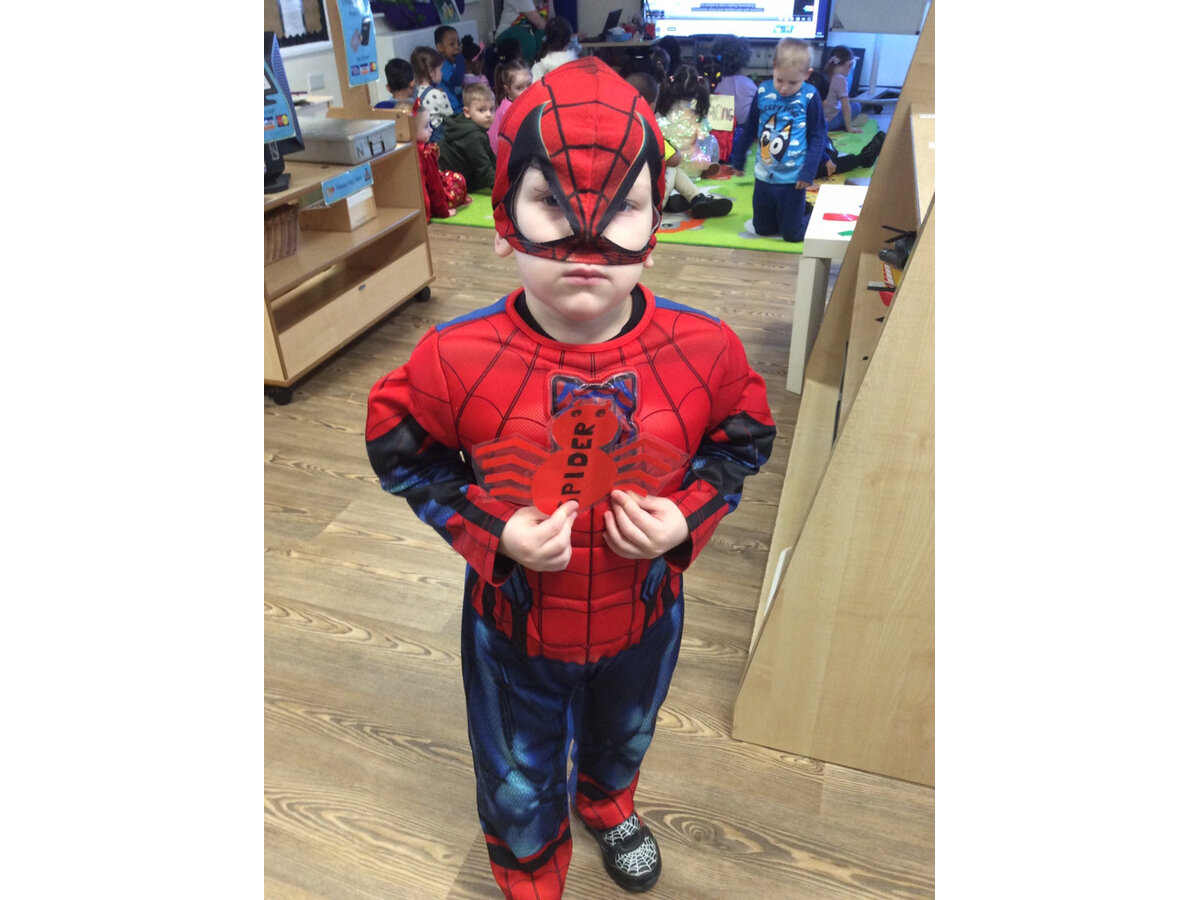
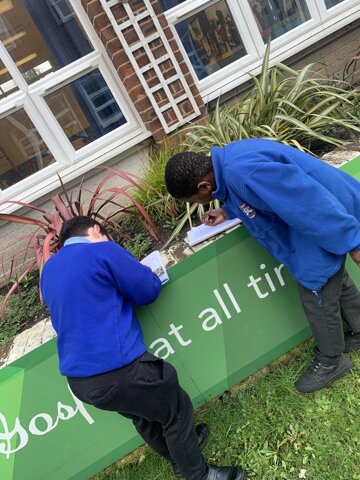


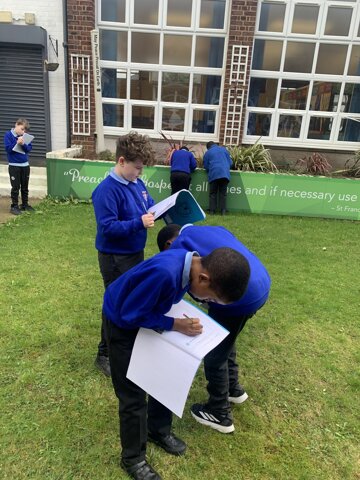

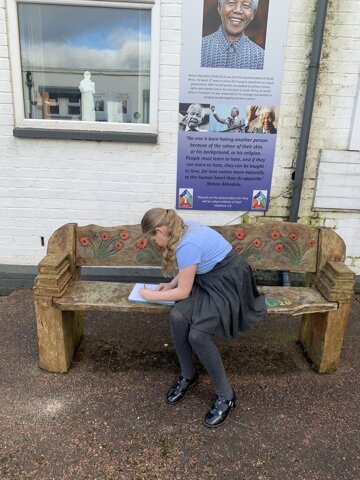


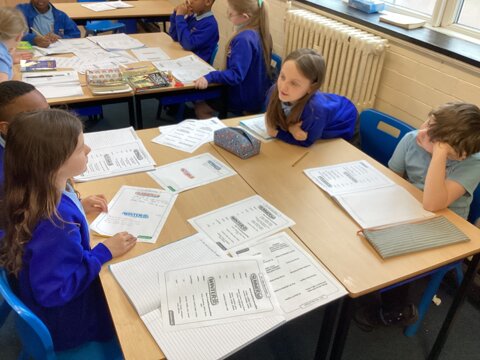
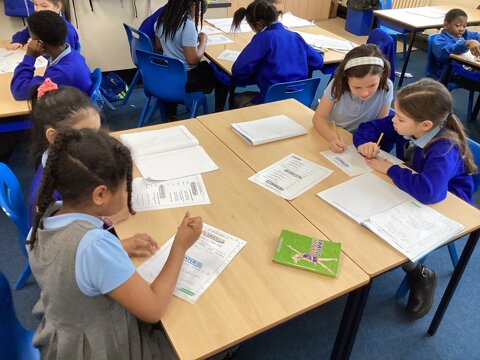
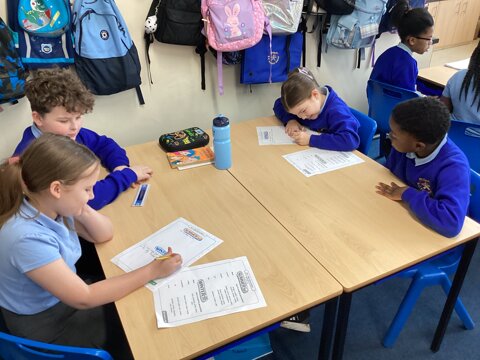
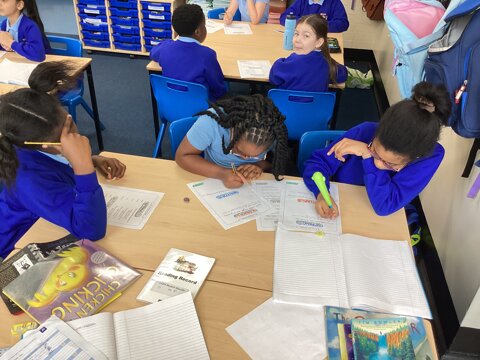
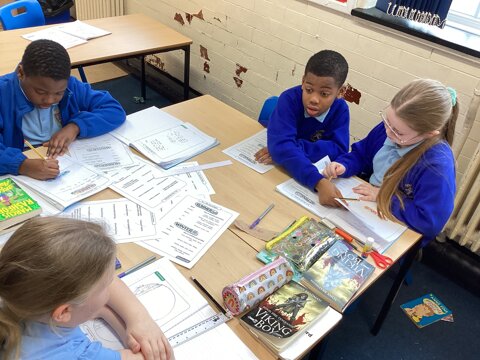
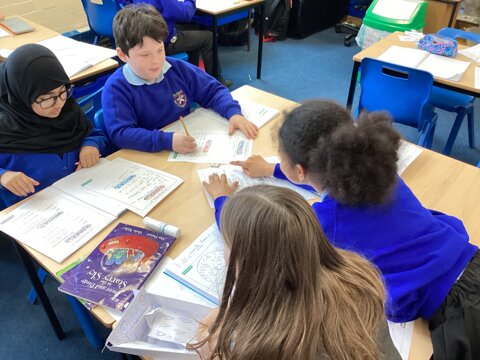
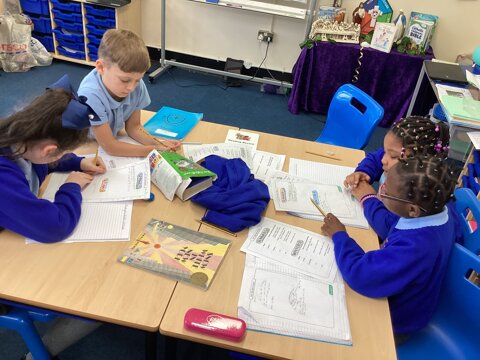
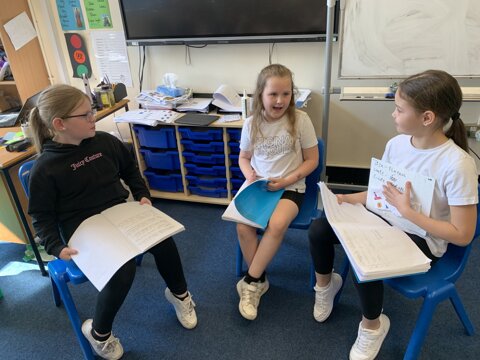
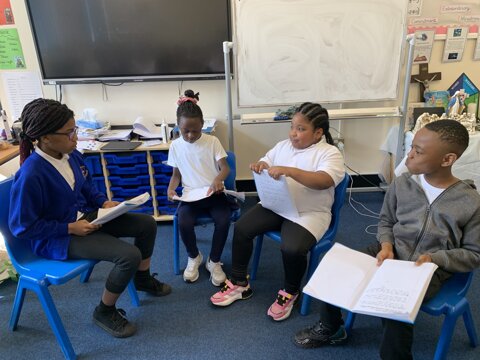
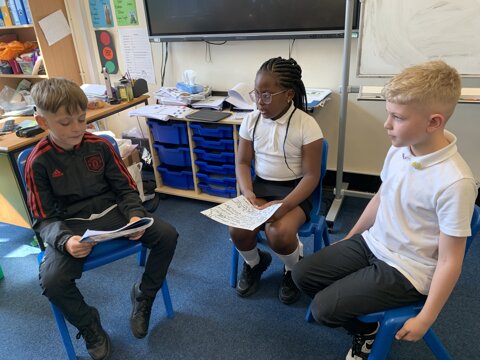
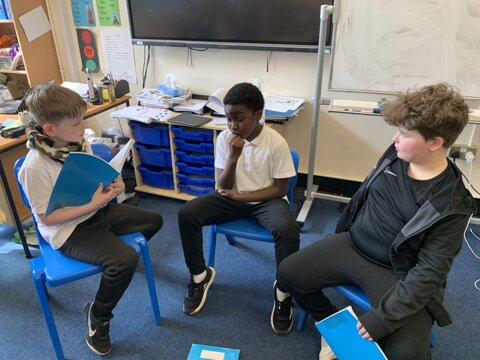
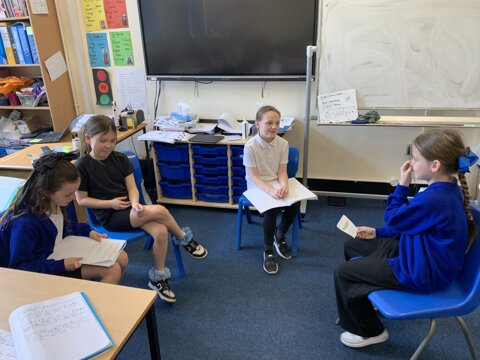
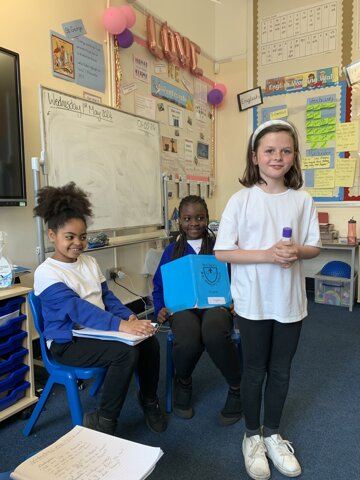
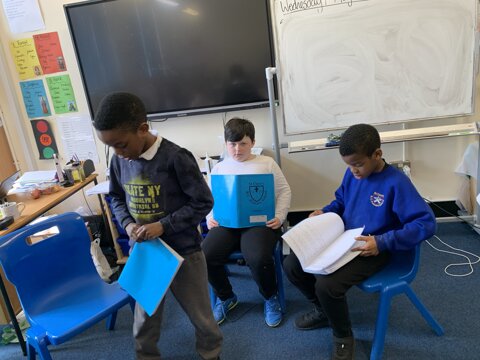
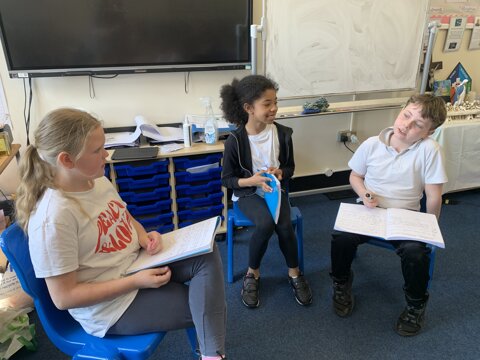


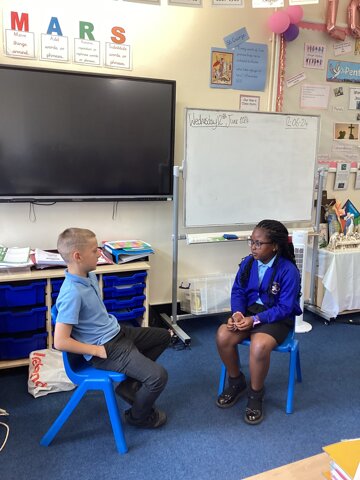
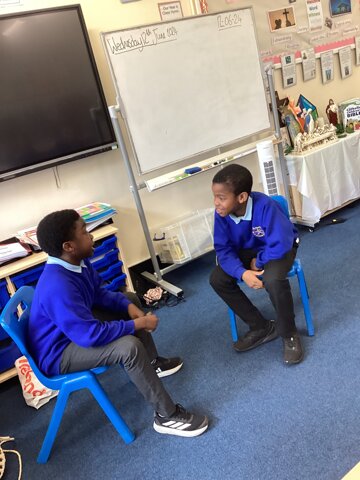
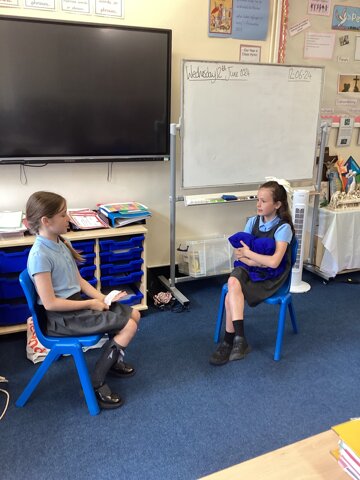
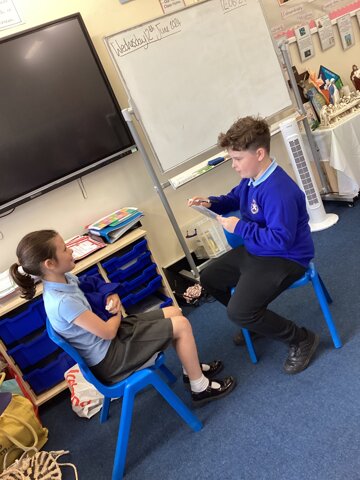
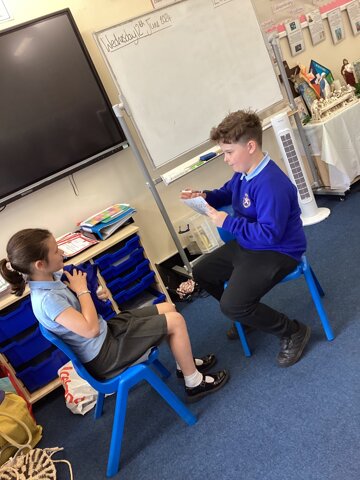
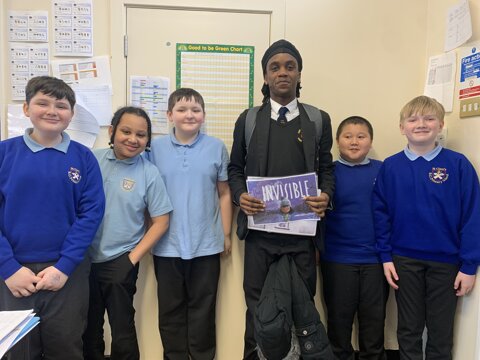
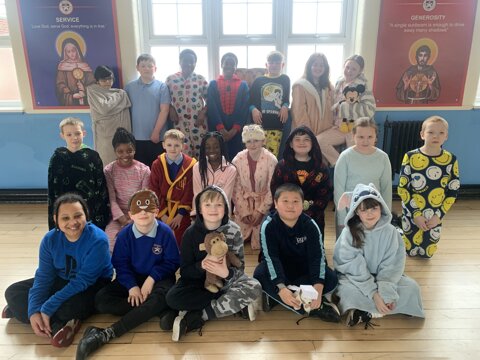
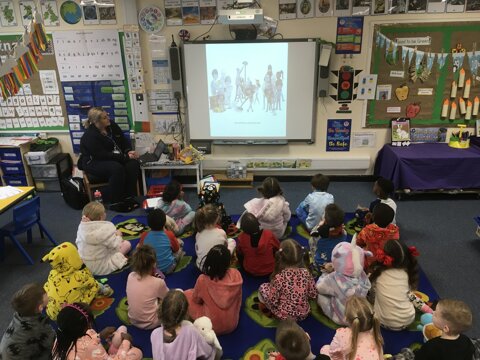
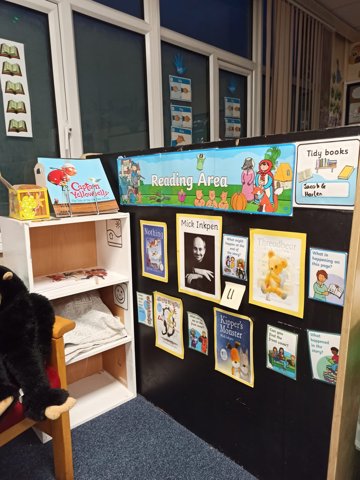
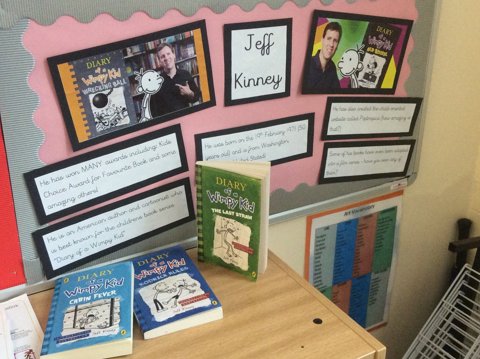
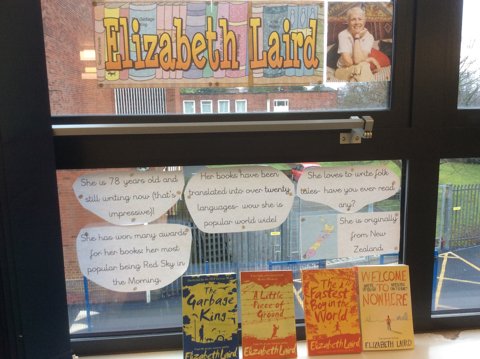
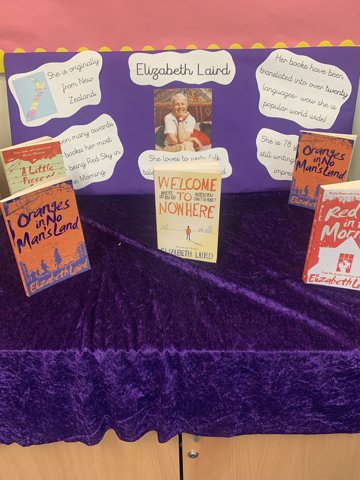

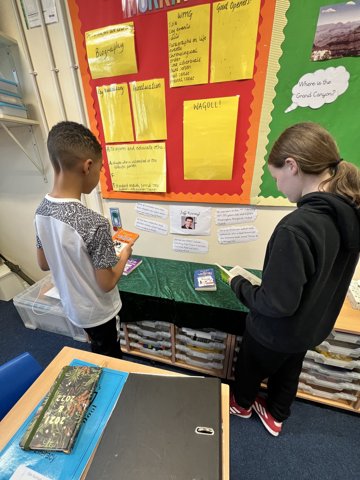
.jpg)
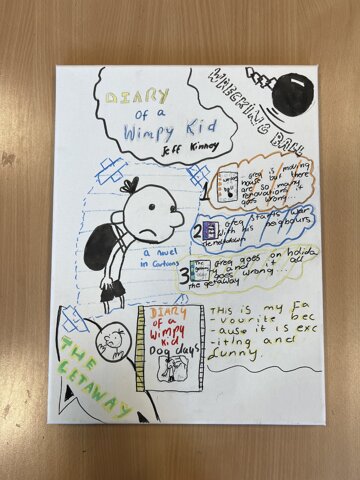
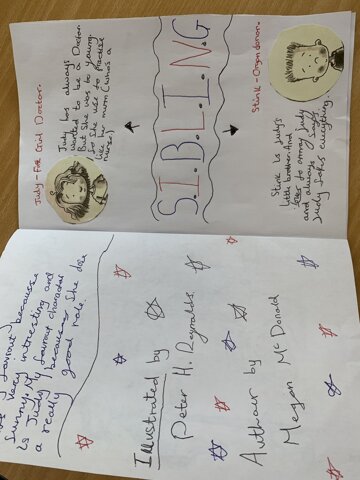
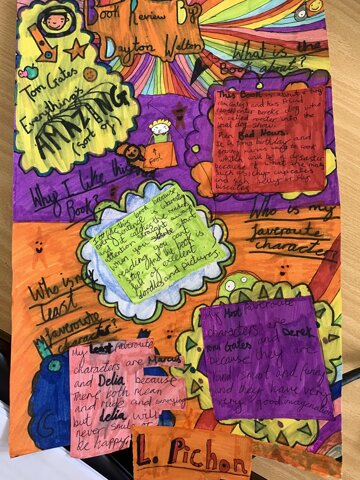
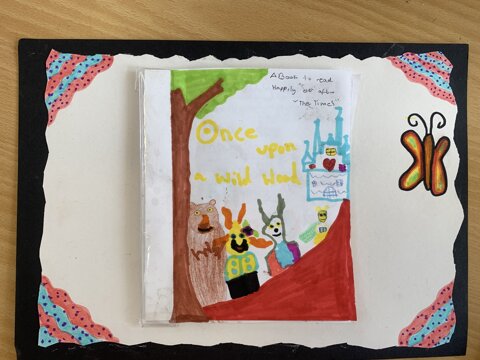
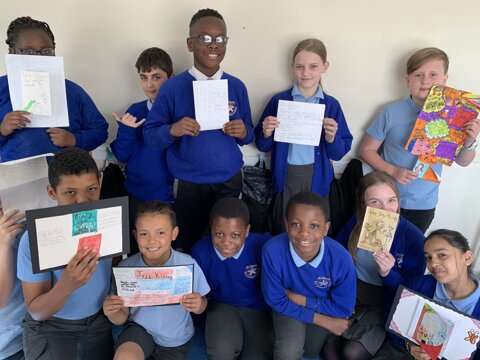
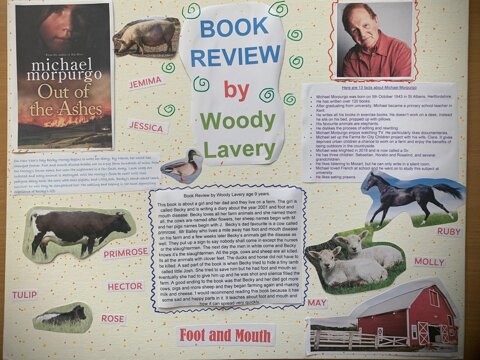
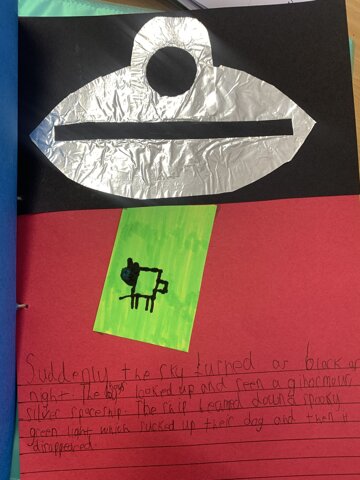
.jpg)
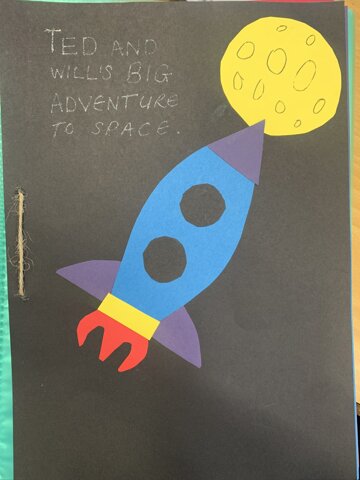
.jpg)
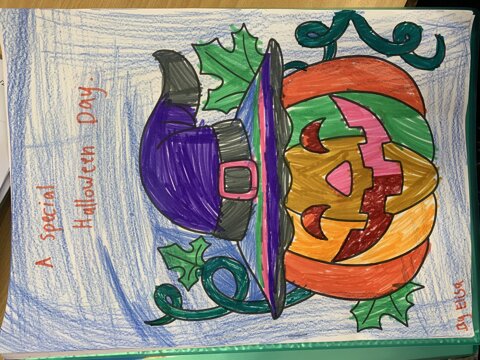
.jpg)
